 Welcome to the first of my detailed write-ups of the London Coffee Festival. If you want to know what I made of the festival as a whole, take a look at my round-up. Here I’ll be covering individual aspects of the festival, this being the first of a series of themed Saturday Supplements. Today we’re going to start with all the interesting coffee kit that I came across at the festival, with subsequent Saturday Supplements exploring themes such as cups, my coffee experiences, the La Cimbali sensory sessions and the coffee itself.
Welcome to the first of my detailed write-ups of the London Coffee Festival. If you want to know what I made of the festival as a whole, take a look at my round-up. Here I’ll be covering individual aspects of the festival, this being the first of a series of themed Saturday Supplements. Today we’re going to start with all the interesting coffee kit that I came across at the festival, with subsequent Saturday Supplements exploring themes such as cups, my coffee experiences, the La Cimbali sensory sessions and the coffee itself.
So, what do I mean by kit? Last year I looked at a shiny espresso machine, a fancy filter machine and a hand-grinder (the wonderful hausgrind, made by Knock, which, along with its smaller brother, the feldgrind, now features in its own Saturday Supplement). Last year’s shiny espresso machine, from Sage, and the fancy filter machine, from Alpha Dominche, will also be featuring in future Saturday Supplements.
However, back to this year, which features a slightly more diverse range, including a neat stand to help with making/storing your coffee/coffee kit, an amazing set of scales, a home coffee roaster and a steam wand/boiler system which could help revolutionise the espresso bar.
You can read more of my thoughts after the gallery, a round-up of pictures of this year’s crop of shiny espresso machines.
Let’s start with the Coffee Easy stand, from Yorkshire’s Coffee Easy. I first came across Coffee Easy back in February, when I met up with Coffee Easy’s inventor, Patrick, at Opposite, in Leeds’ Victoria Quarter. Coffee Easy is designed to simplify the process of making coffee at home, as well as providing a convenient storage unit.
Although the Coffee Easy stand is a single entity, I like to think of it as being two distinct parts: a base unit, with an upside-down L, which is the stand, rising from its middle. The idea is that you can put your mug or jug under the stand, while putting your filter or Aeropress securely in the stand itself. The back of the base unit is designed as storage, and can conveniently hold whatever you like: Patrick suggests a bag of coffee, for example, while I find it just the right size for Woody, my wooden feldgrind, and my stack of Aeropress filter papers. Finally, there’s a slot in the stand which is just the right size for a bunch of V60 filter papers (or similar). Of course, when you’re not using your filter or Aeropress, you can also store that on the stand itself.
Patrick gave me a Coffee Easy to take home with me and, I must confess, at first I was sceptical. However, I’ve grown to like it a lot. It’s well made, sturdy and compact and, in a kitchen where I’ve got a lot of coffee kit, most of which has never found a proper home, I find it a neat and convenient way to store a lot of different bits and pieces.
These days I use my Coffee Easy every time I make an Aeropress since it provides a very stable base when you do the final extraction. The only drawback I can see is if you’re the sort who uses a pour-over filter and likes to weigh the water as you’re pouring it onto the coffee. Since the Coffee Easy stand takes the weight of the filter, your only option is to weigh the water as it comes out. Other than that, it’s pretty much perfect.
You can see Coffee Easy at the festival and in action in the following gallery.
Next up is another item for the home market, the Brewista Smart Scale which was on the Coffee Hit stand. At first sight, they look like just another pair of home coffee scales, albeit one with a significantly larger price tag (although still very affordable). So, a reasonable question might be, what do I get for my money? The answer, thankfully, is quite a lot.
To start with, these scales are waterproof. Now that might not seem like much, but plenty of scales at the budget end of the market aren’t waterproof and don’t play well with water, as I’ve discovered to my cost. This also might not seem like much if all you ever do is weigh your coffee beans, but if, like me, you weigh your water as well, it starts to become important.
The second useful feature is that the scales are auto-zeroing. Put simply, once you’ve put something on the scales and left it there for a few seconds, the scales automatically go back to zero. Again, it might not sound like much, but if, like me, you first put a container on the scales, then put the coffee beans in the container to weigh them, then put a jug on the scales, then fill the jug with water to weigh it, this feature saves a lot of button pressing. I could see it being an annoying feature if you weighed something, went away, then came back to check what the weight was, only to find it had gone back to zero, but other than that, it seems to me an excellent feature.
Finally, and most useful of all, the scales have an automatic timer built in. The scales can tell when the weight is undergoing a rapid change (for example, when you pour water into a filter or an Aeropress) and this automatically starts a timer. So, if you’re the sort who likes to both weigh your water as you pour and time your brewing, these are the scales for you.
The Brewista Smart Scales actually have four modes, including a manual mode in which you zero the scales and start the timer. I had a go with them at the festival and I found them easy and intuitive to use. When my current scales get one accidental bath too many and give up the ghost, I can see where my next set are coming from…
You can see the scales in action in the following gallery.
Moving slightly up the price range, I came across the Ikawa home roaster. This is a small capacity (50g) home roaster which runs off the mains and is controlled by an app on your Android or Apple device. It’s pretty quick too, roasting the beans in anywhere between three and 10 minutes, depending on the profile, which you can tweak to your heart’s content and then save when you’ve perfected it. Alternatively, you can use one of Ikawa’s preset profiles or share your profiles on the web.
It’s an elegant piece of kit too, about the same size as a bread maker, although considerably thinner. It would certainly fit on your average kitchen work top. I didn’t get to play with the one at the London Coffee Festival, but having seen it in action, I was impressed by how clean it was. Having roasted at home myself in a wok, I know how much smoke a few roasting coffee beans can give off; as far as I could tell, the Ikawa machine was entirely smoke free.
So the question is, how well does it roast? Well, the answer is pretty well. I brought a sample home with me, an Ethiopian Yirgacheffe, and I liked it. The first cup felt a little under-developed, but the other two were pretty good, on a par, if not better than the batch I roasted myself (albeit with a very different green bean). It’s also a lot less faff than roasting in a wok (but arguably less fun). Of course, the capacity could be an issue; you’re pretty much roasting three-cups-of-coffee-worth of beans at time, which for me, is my daily consumption. At least it means the coffee will always be fresh!
Compared to a commercial roast, there’s a lot of chaff, but that’s easily enough removed (stick the beans in a colander and blow on them). Price-wise, the Ikawa home roaster is expensive, about the price of a decent twin-boiler home espresso machine, but if you’re interested and can act fast, you can get one at the relative knock-down price of £500 by backing Ikawa’s Kickstarter, although you’ll need to hurry; it closes on Monday, 1st June.
You can take a look at the Ikawa home roaster in the gallery below.
Finally we move up to the commercial end of the market, with perhaps one of the most exciting, but least heralded, bits of kit at the festival. This was to be found at the stand of The Fresh Coffee Company, who, as the name suggests, supply coffee, along with a range of coffee equipment, including the unheralded Viper steam system.
Visitors to speciality coffee shops will probably be familiar with devices such as the Marco Über Boiler, an under-the-counter boiler with a hot water dispenser that sits on the counter itself. There’s also the Modbar modular espresso system which does the same thing with an espresso group head. The wonderful thing about this sort of kit is the way that it declutters the counter top, so that the spectacle of making coffee is there to be seen by the customer.
The Viper consists of an under-the-counter boiler which can drive both a hot water dispenser (similar to the Marco Über Boiler) and a steam wand, of the sort you’d find on a high-end espresso machine. Unfortunately there’s no espresso group head, but you can’t have everything! However, it does mean that you can still declutter your counter top to a significant extent, all of which (to my mind) promotes greater interaction between the baristas and the customers, one of the most important aspects of any service industry.
I look forward to further developments in this field and to the day when the bulky espresso machine standing between you and your barista is a thing of the past. You can see the Viper in action in the following gallery.
If you liked this post, please let me know by clicking the “Like” button. If you have a WordPress account and you don’t mind everyone knowing that you liked this post, you can use the “Like this” button right at the bottom instead. [bawlu_buttons]
Don’t forget that you can share this post with your friends using the buttons below.

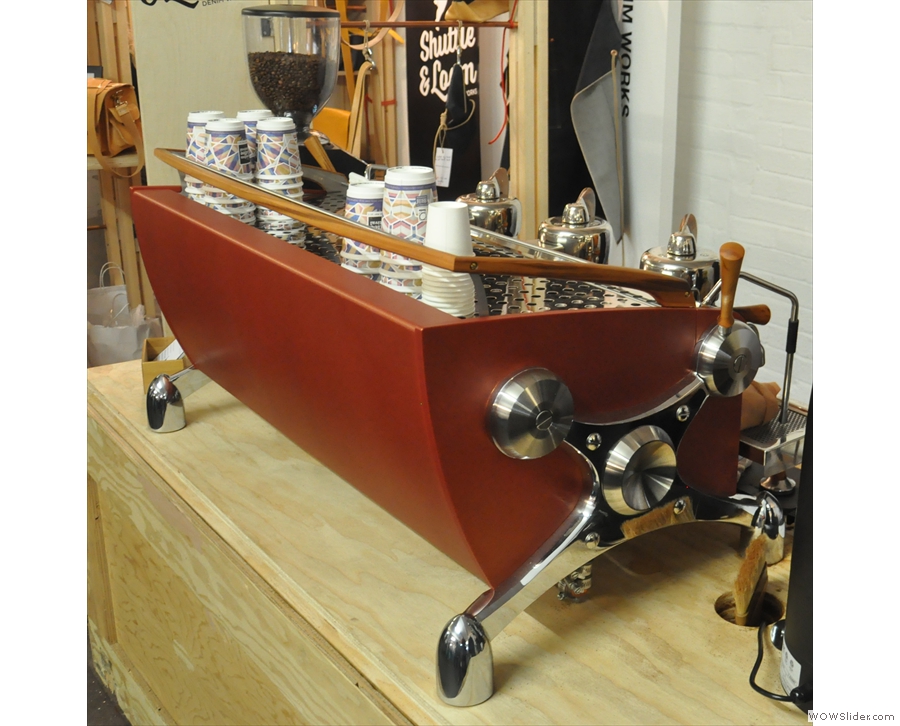
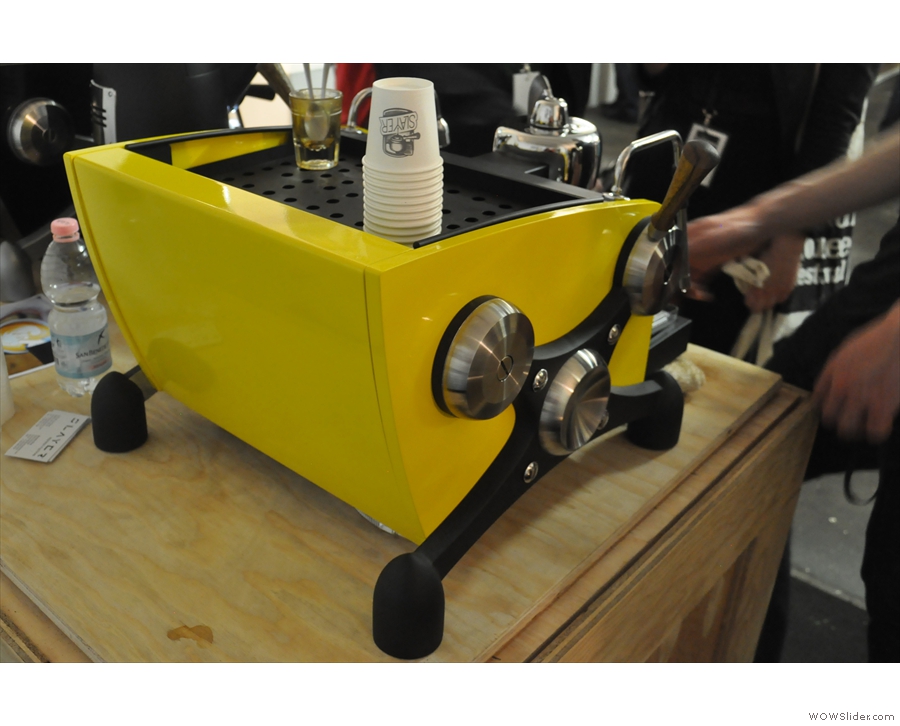
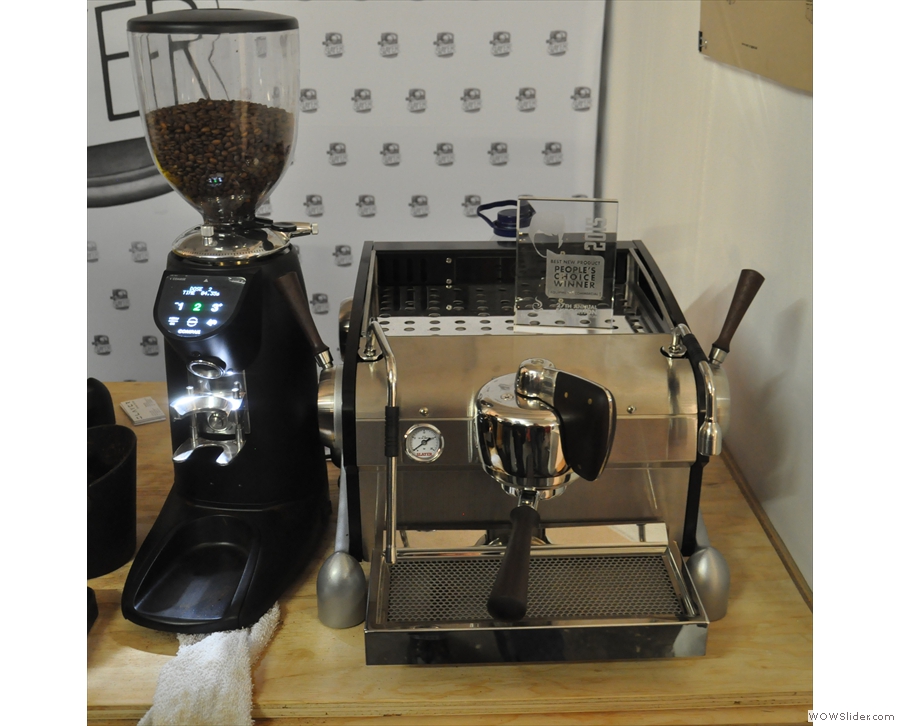
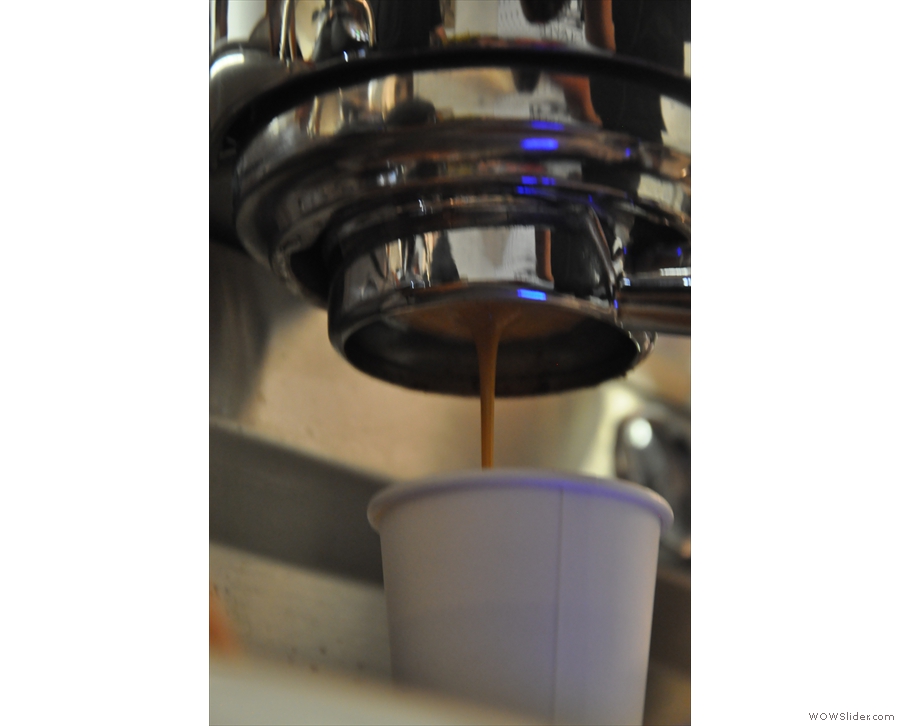
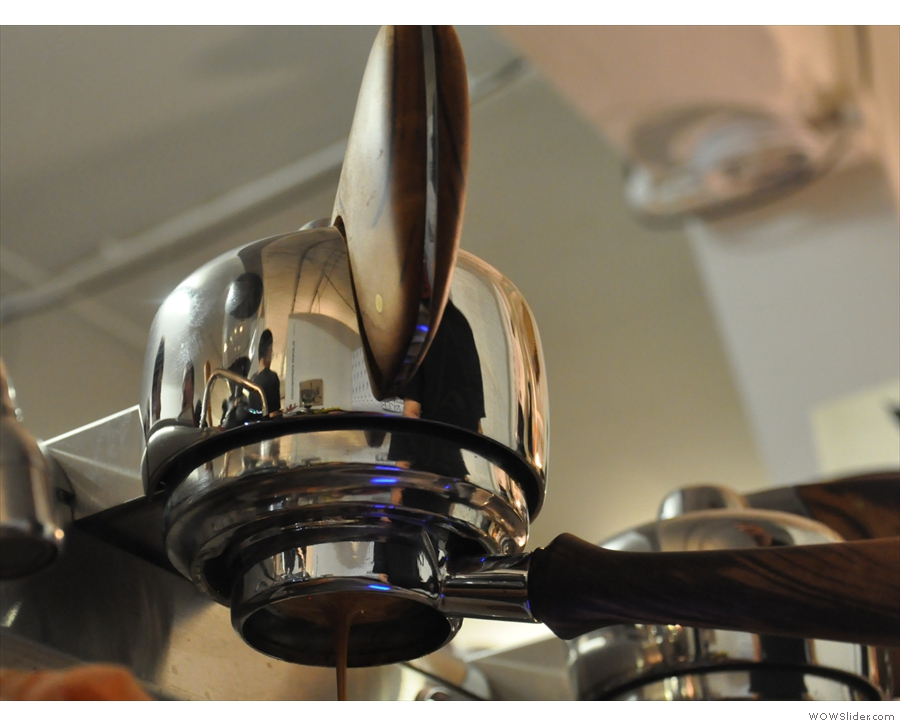
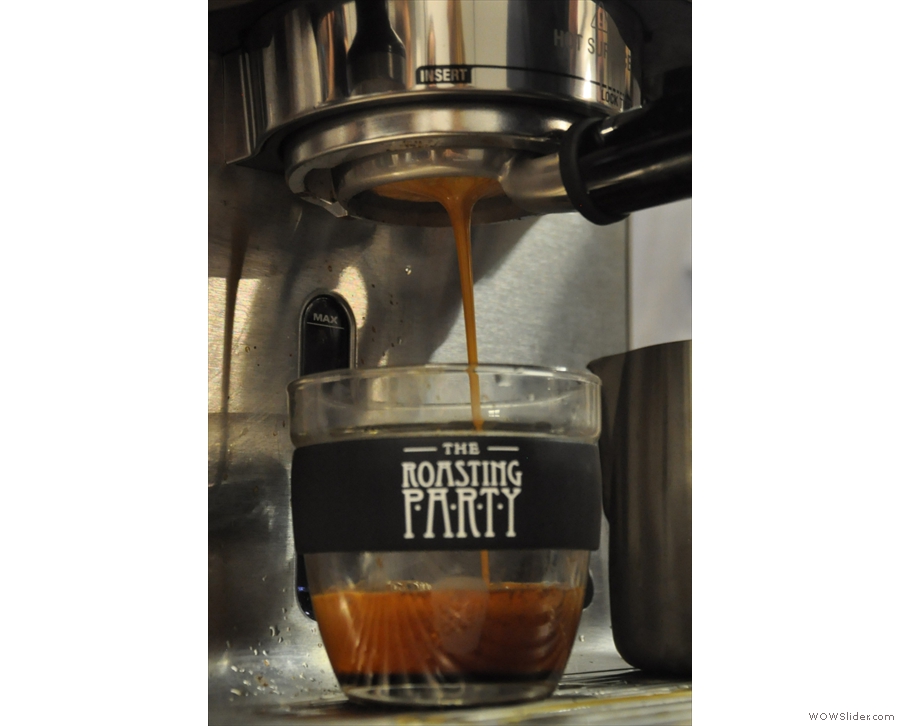
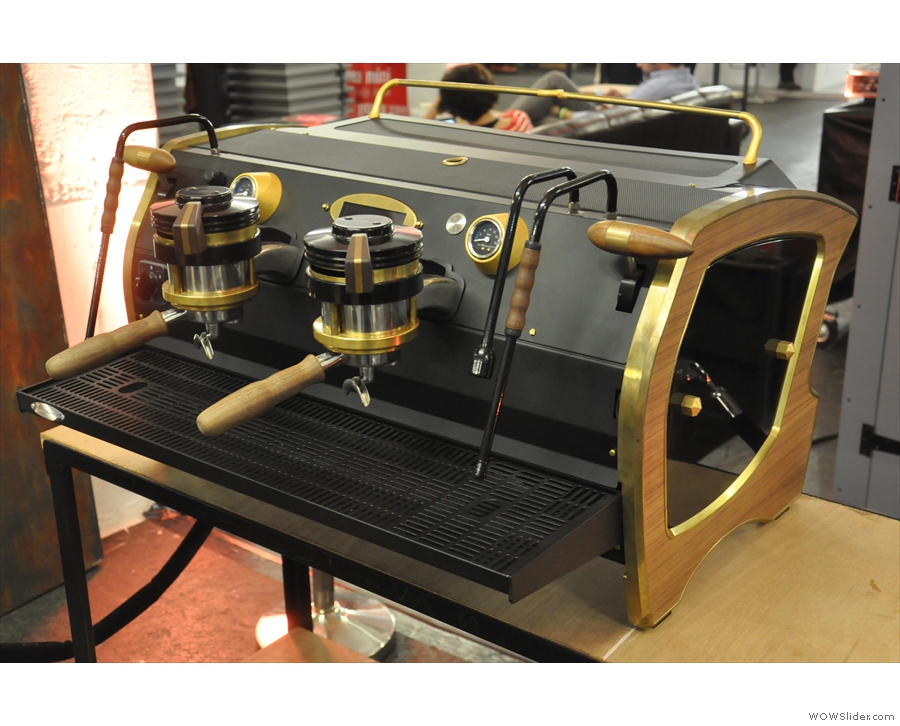
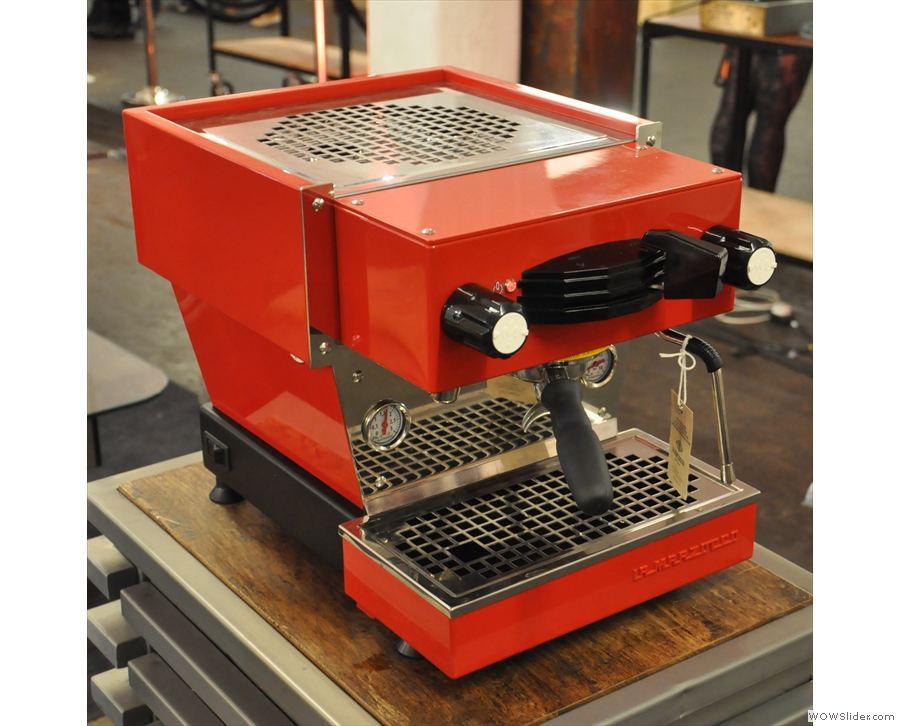
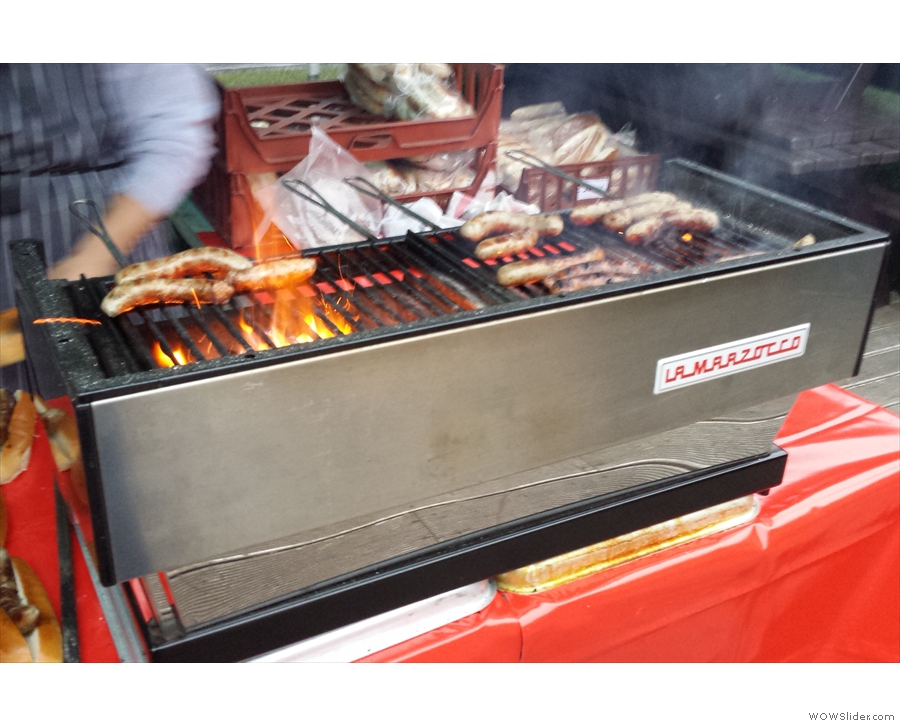
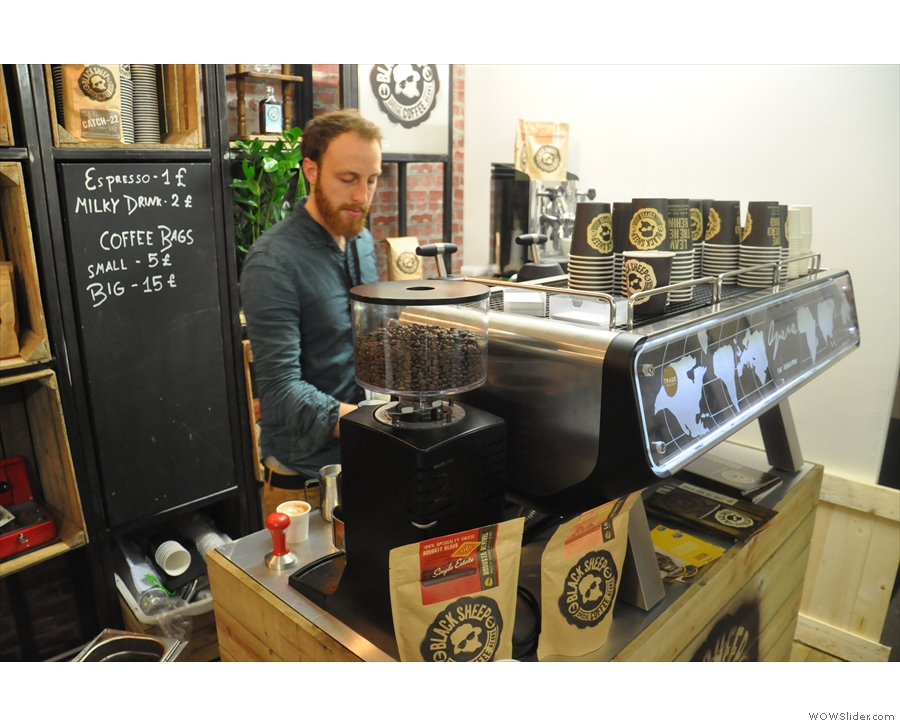
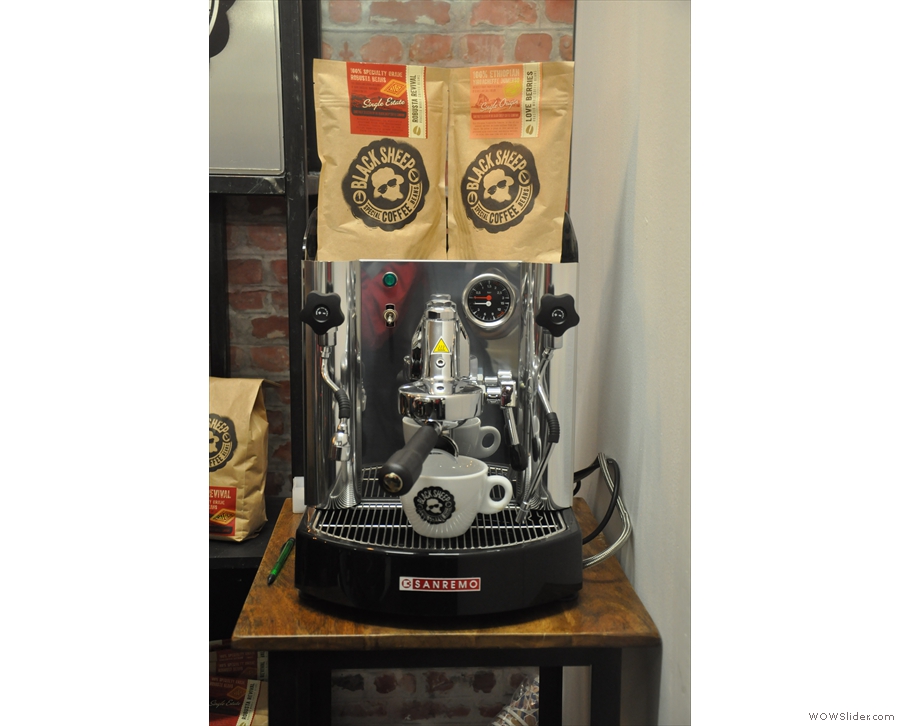
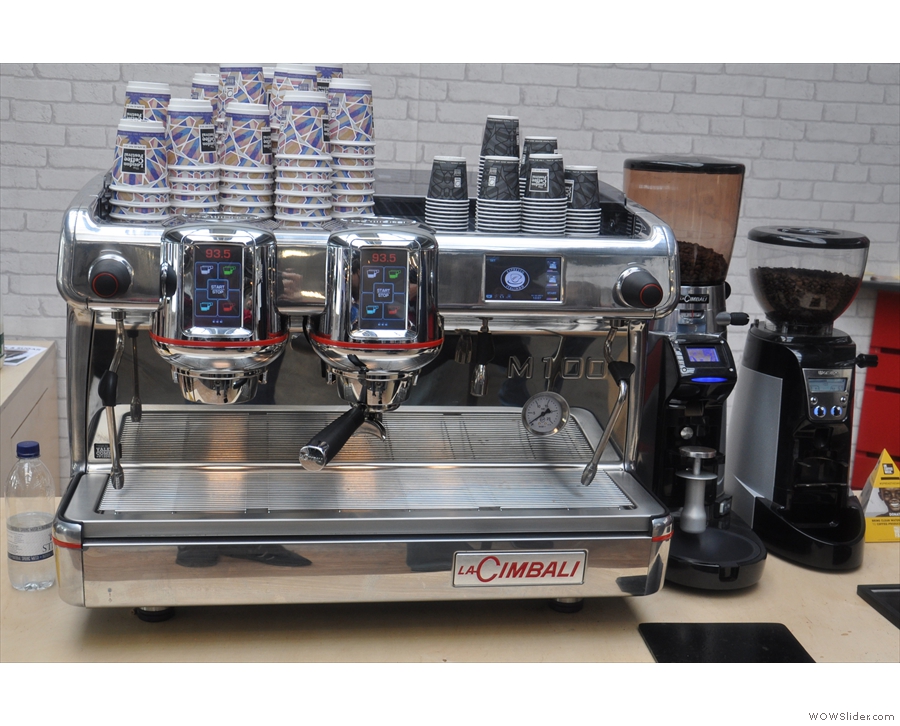
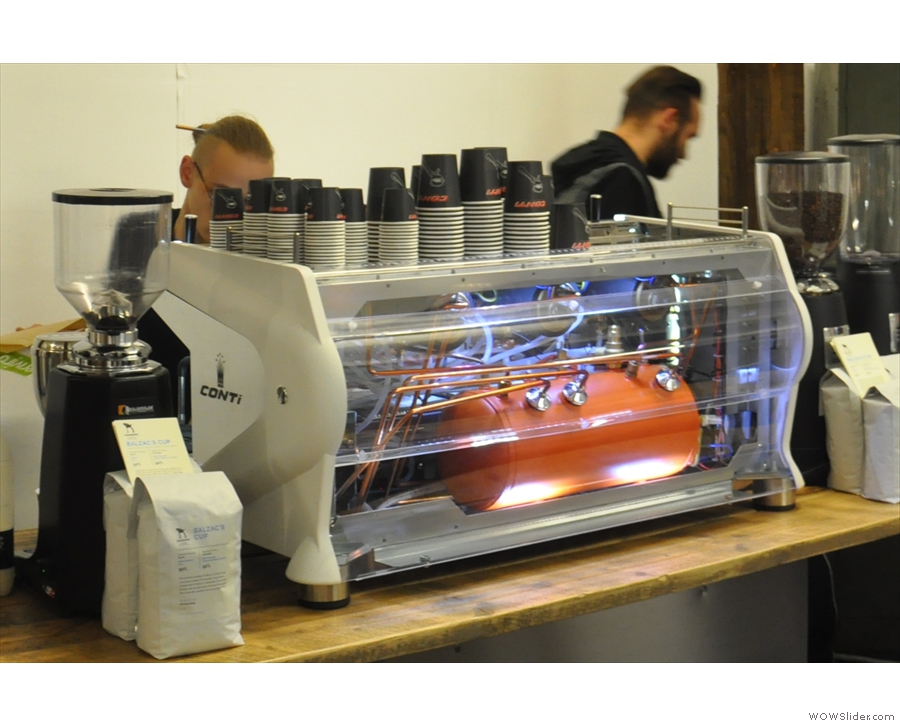
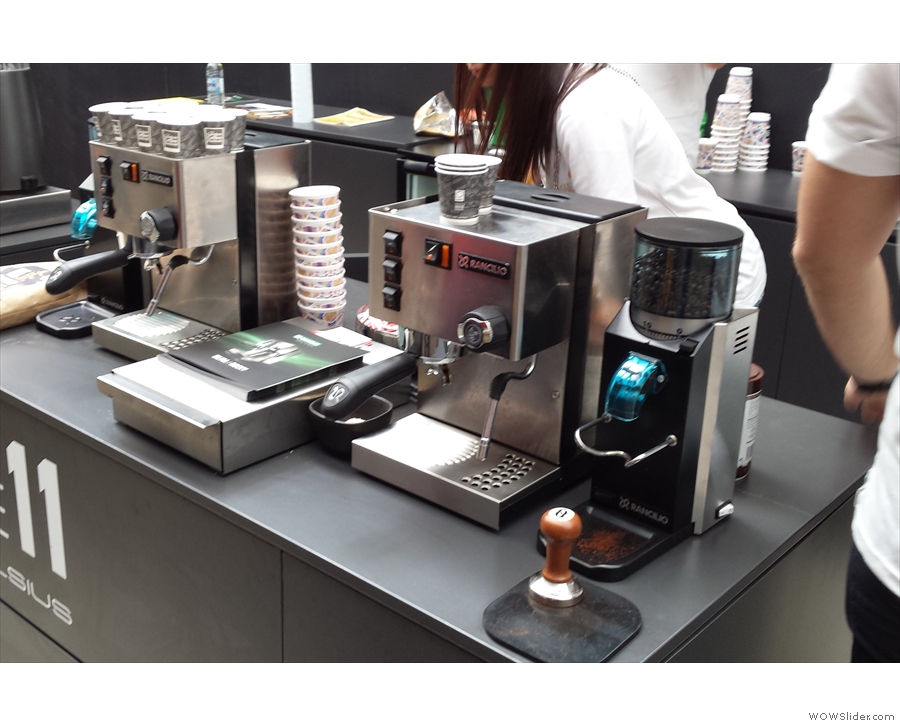
 1
1 2
2 3
3 4
4 5
5 6
6 7
7 8
8 9
9 10
10 11
11 12
12 13
13 14
14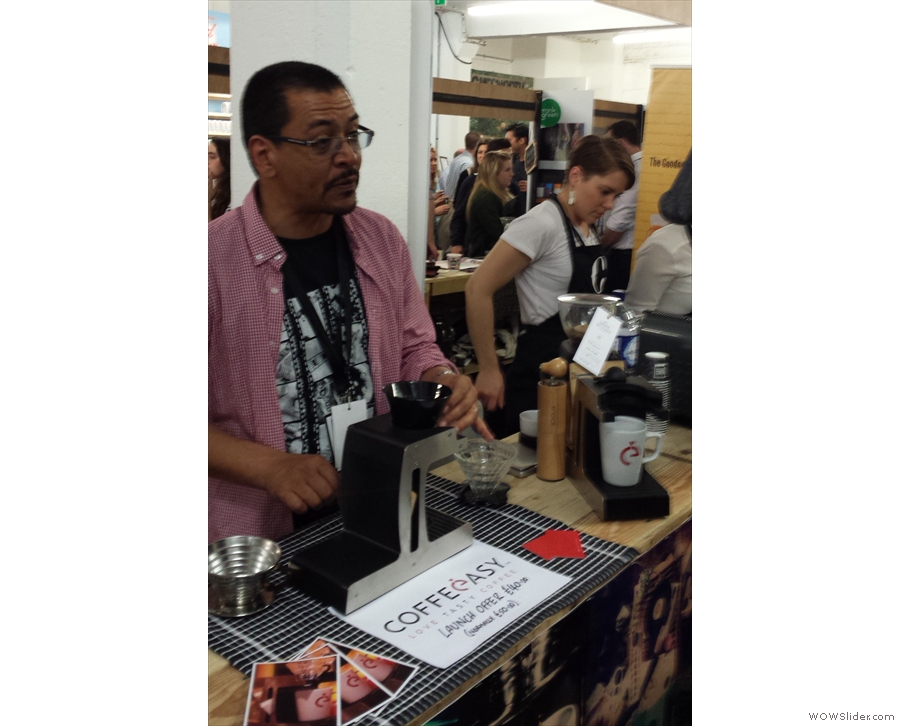

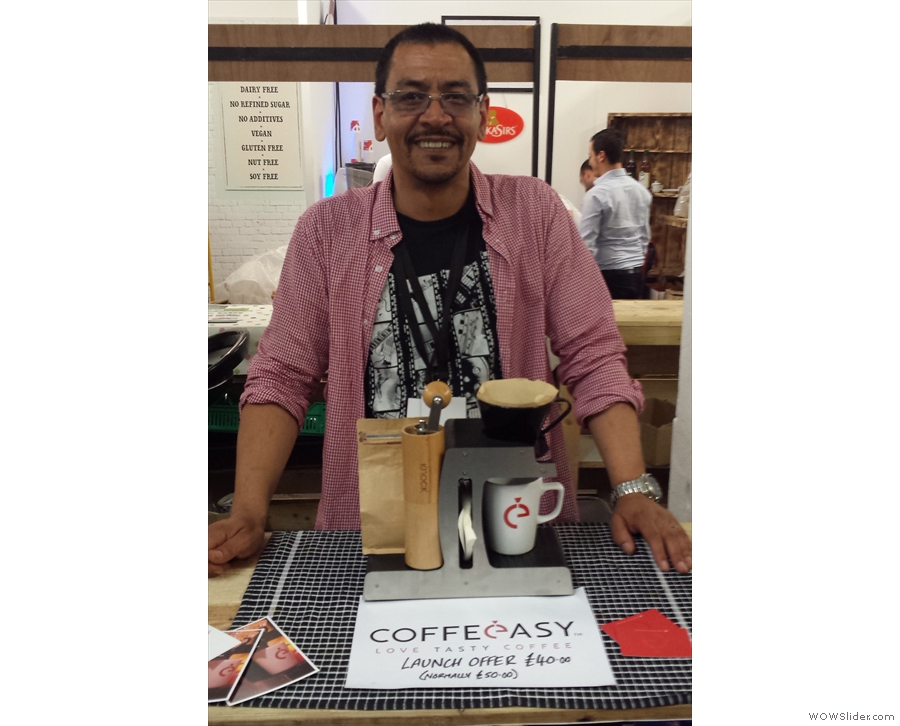
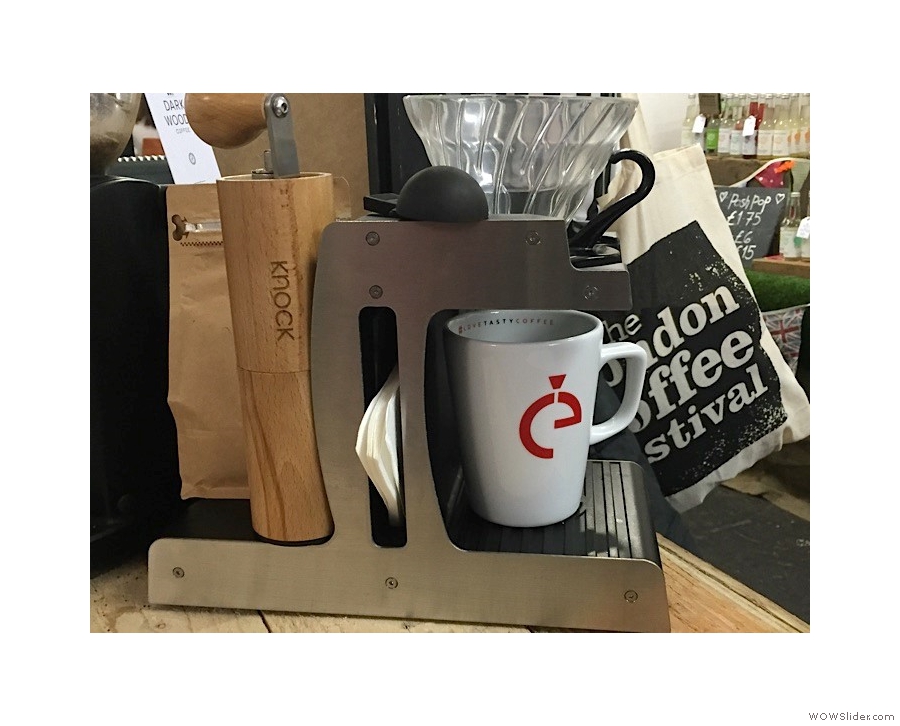
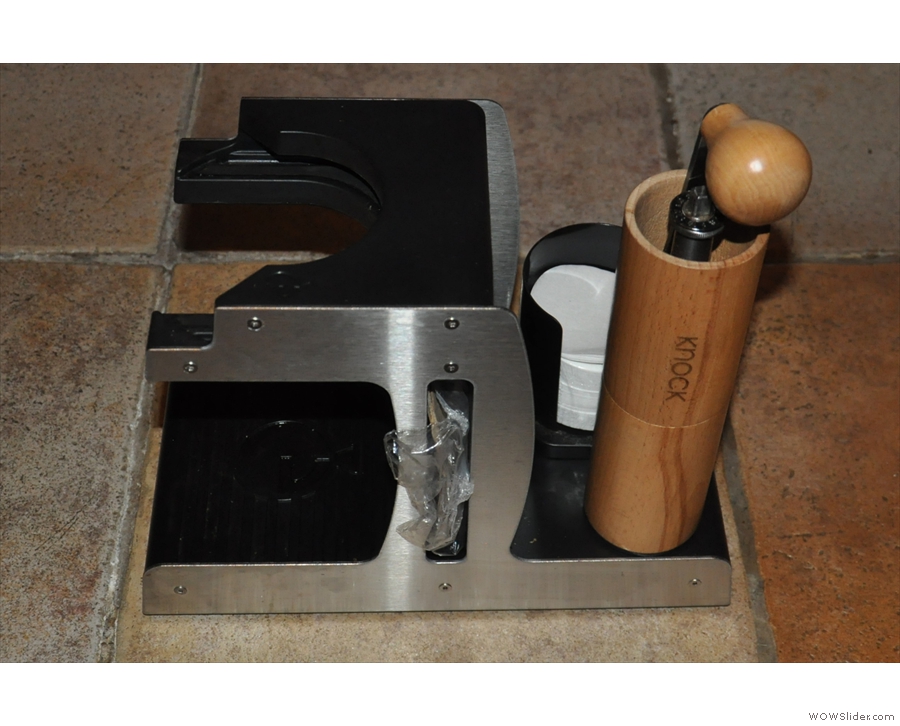
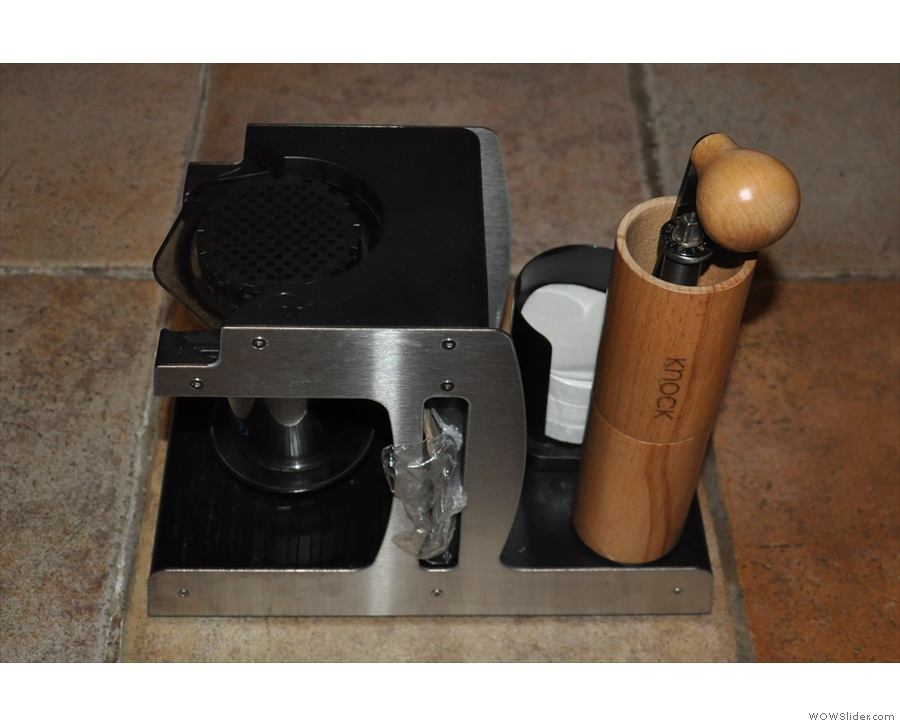
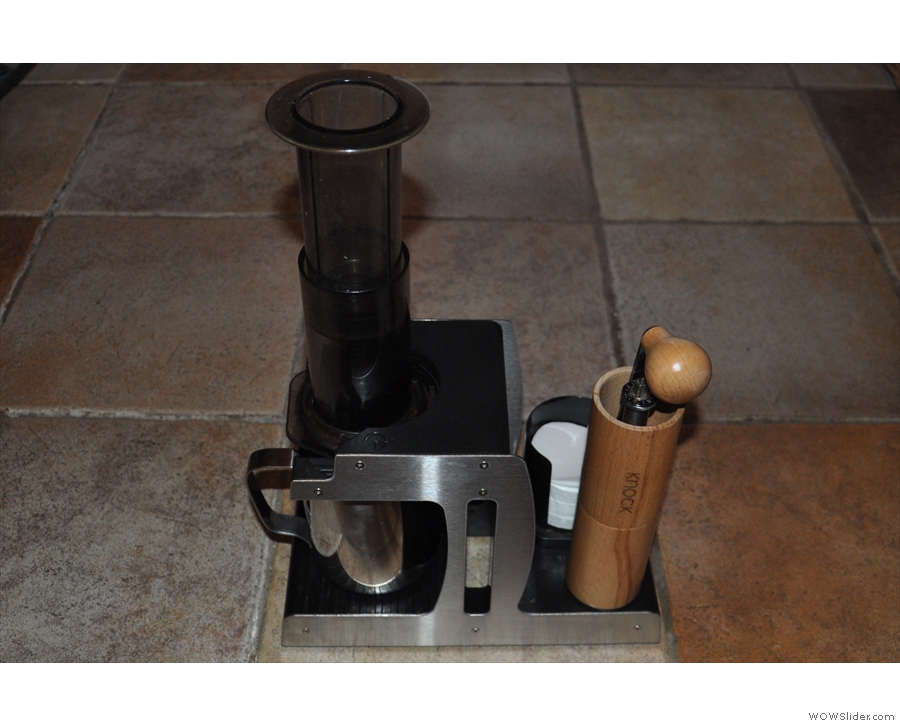
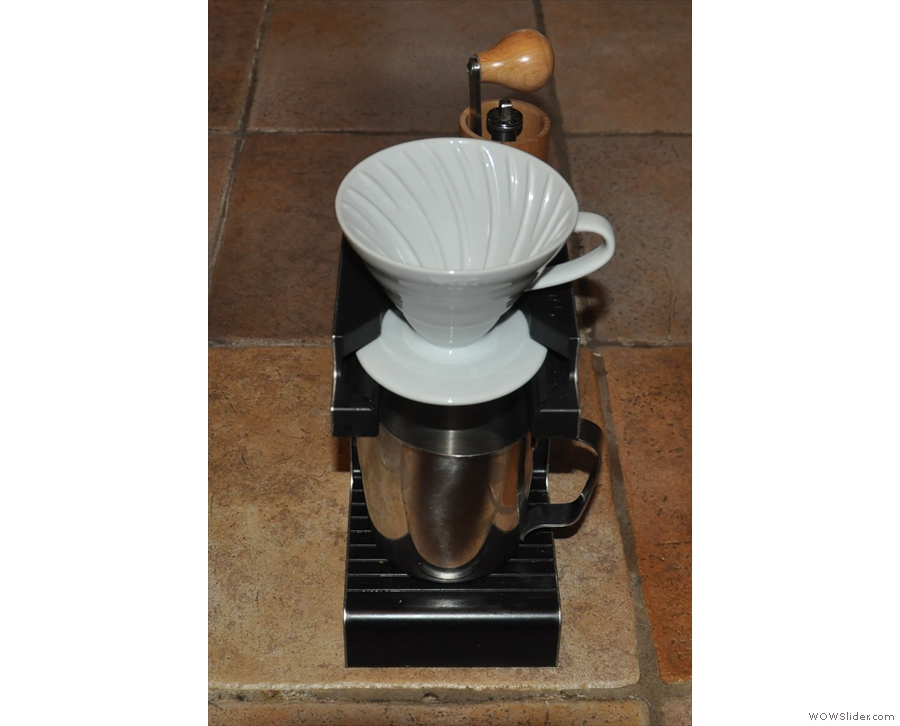
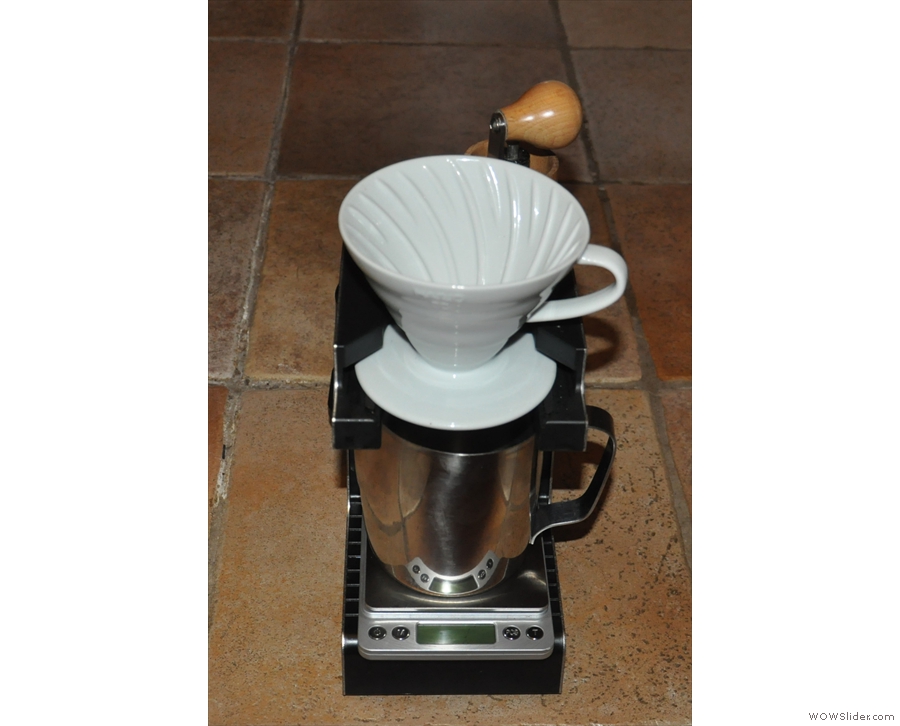
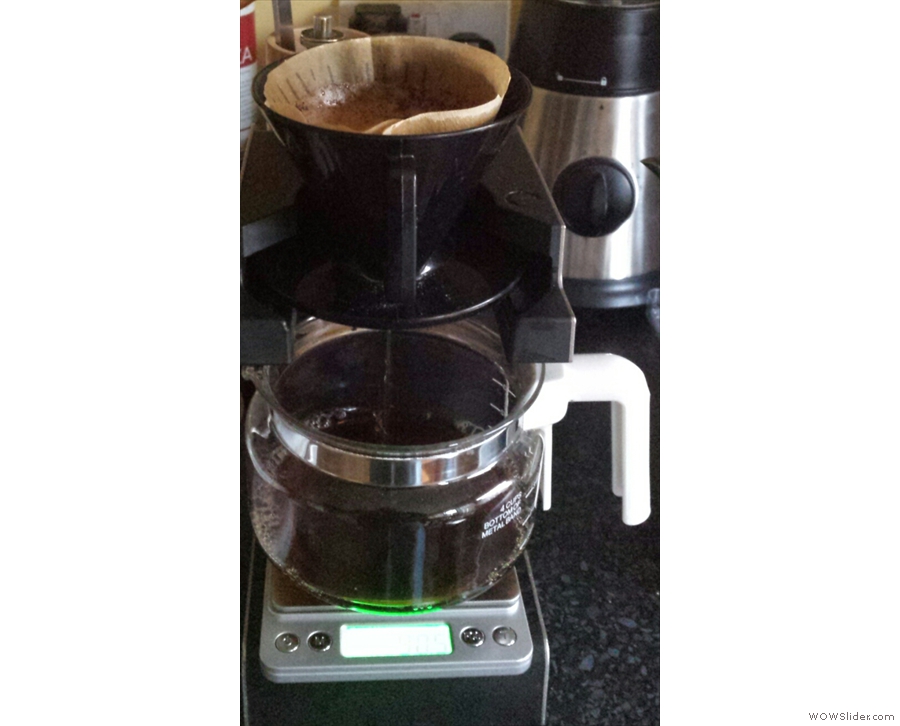
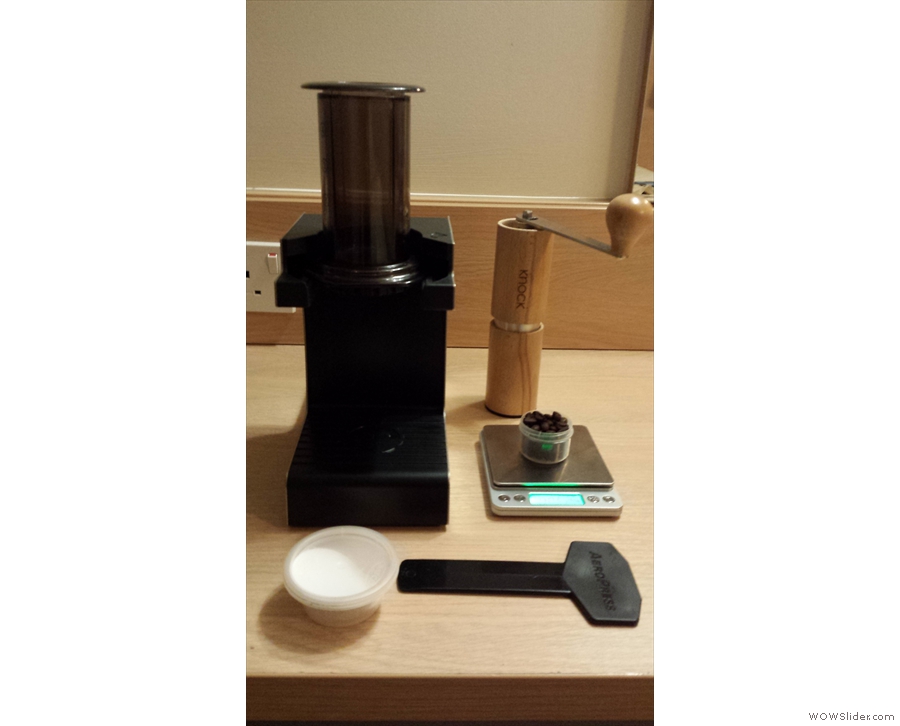
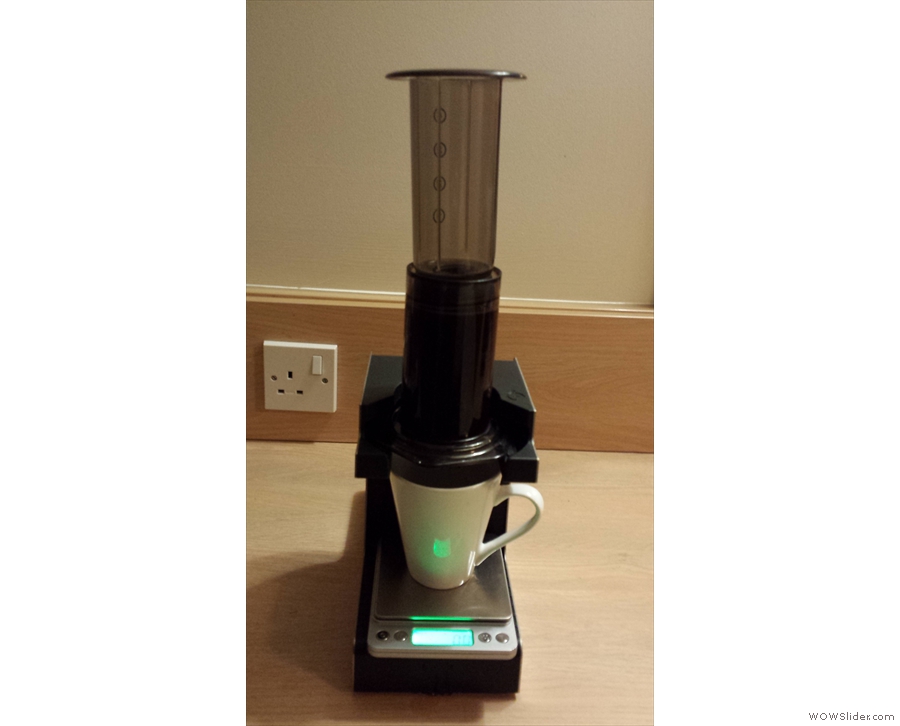
 1
1 2
2 3
3 4
4 5
5 6
6 7
7 8
8 9
9 10
10 11
11 12
12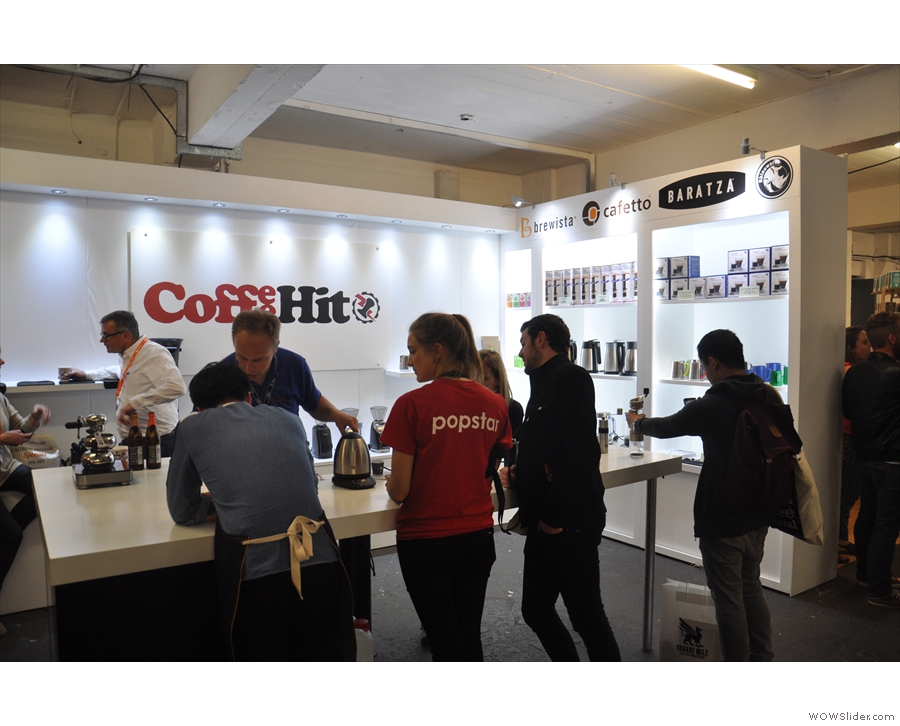
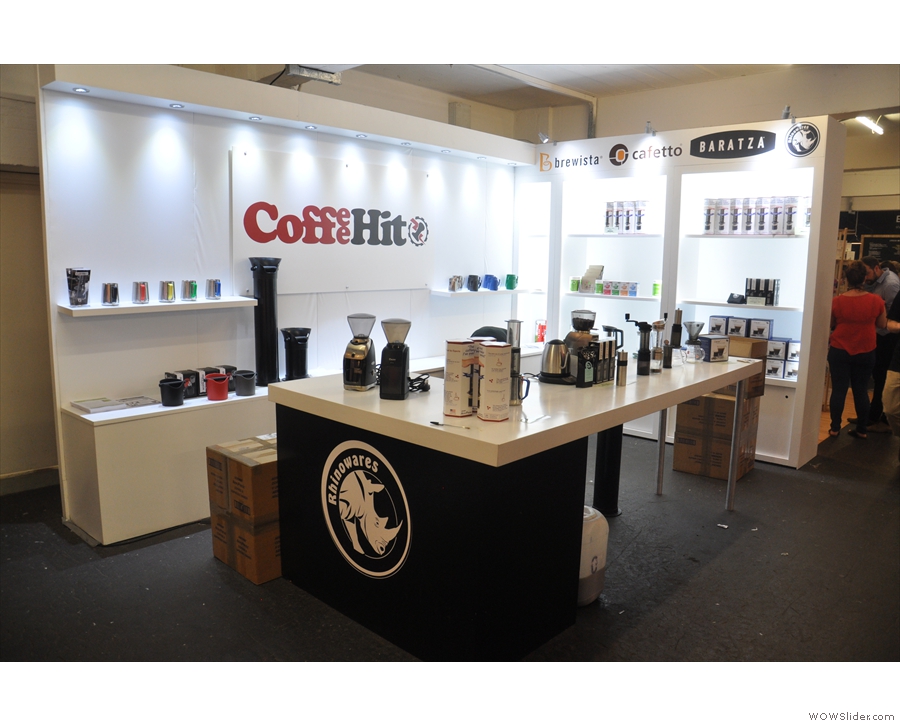
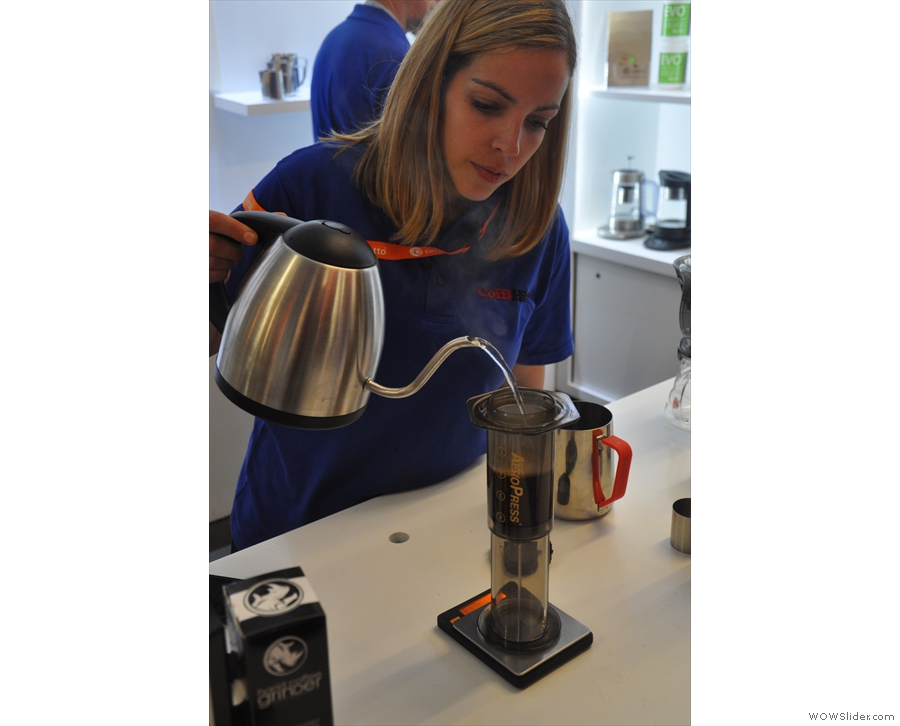
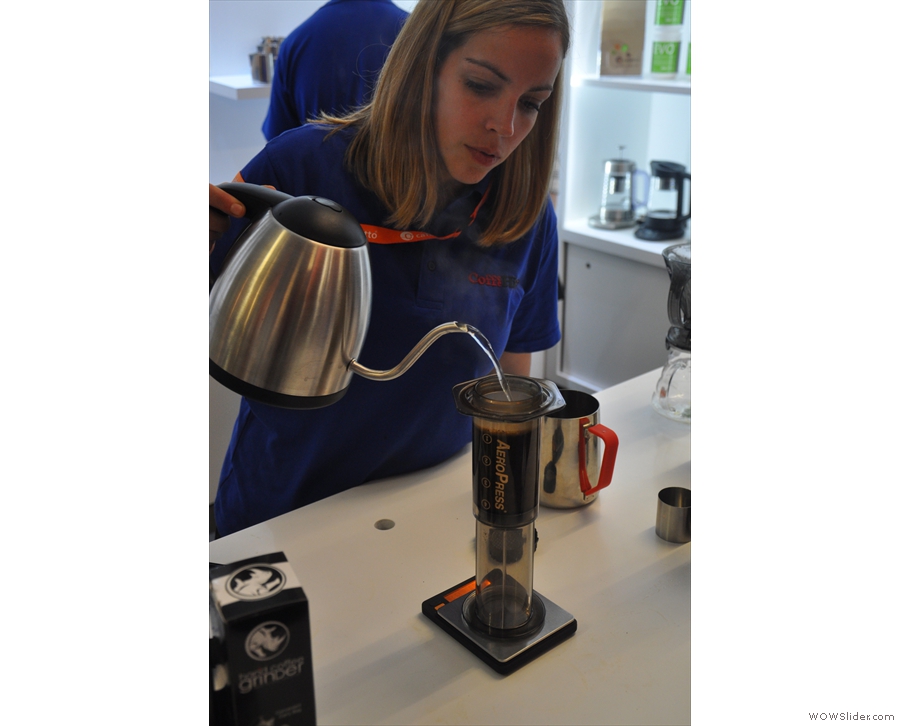
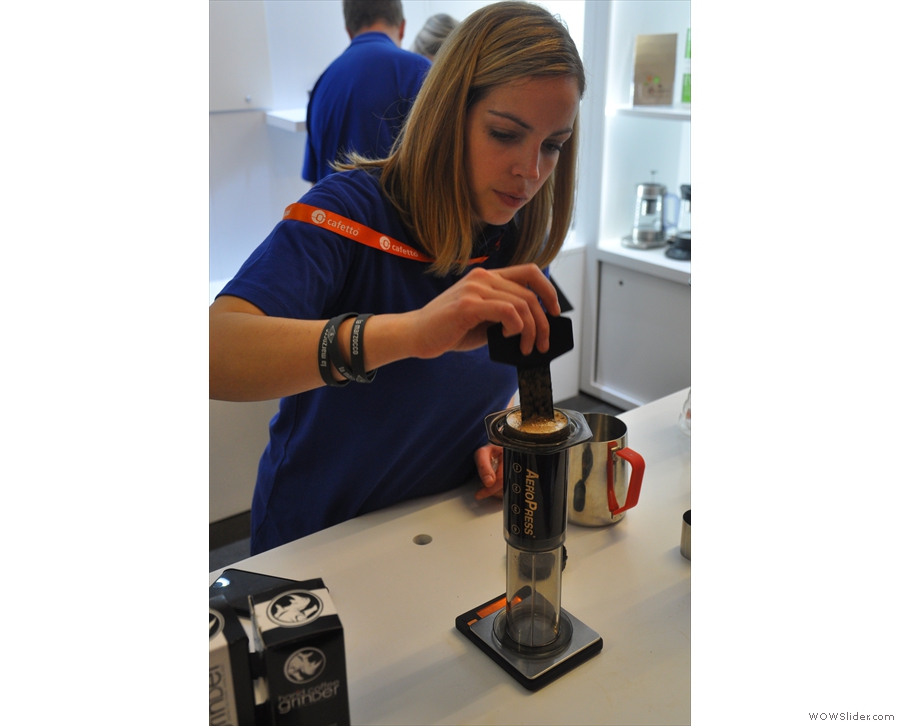
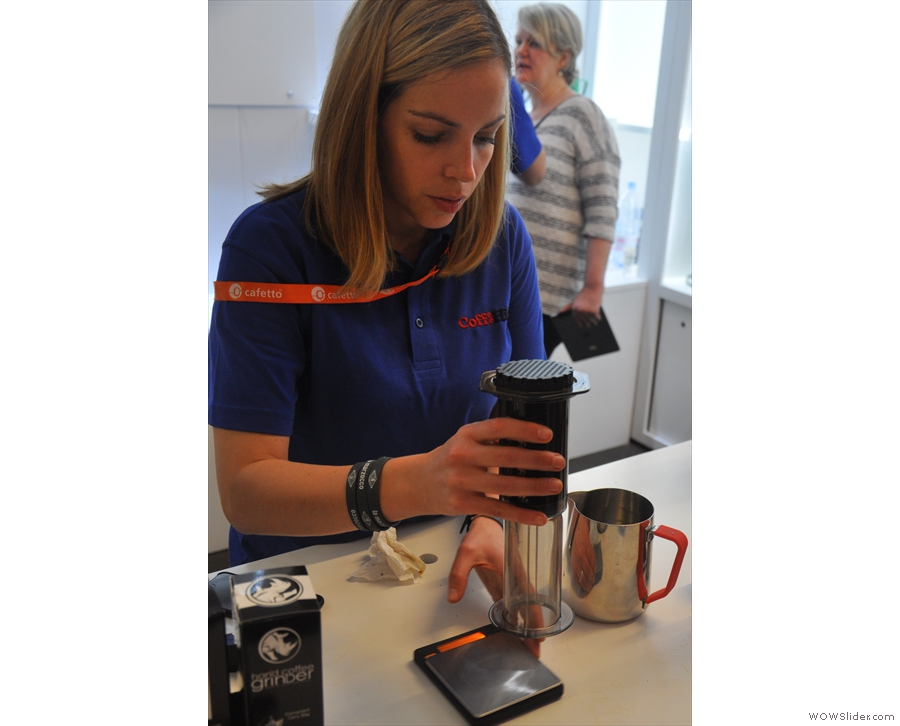
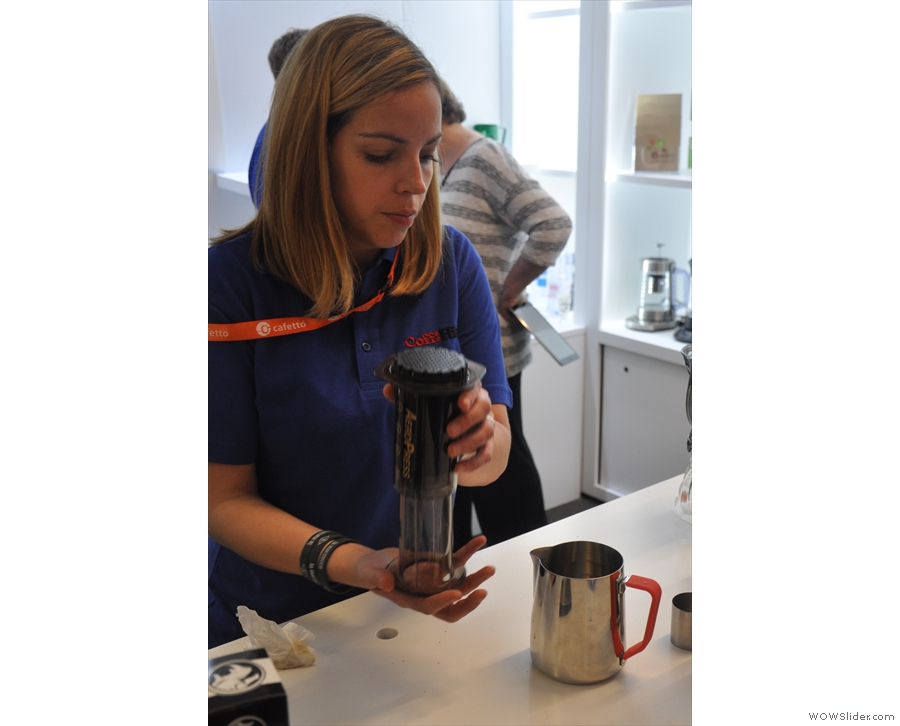
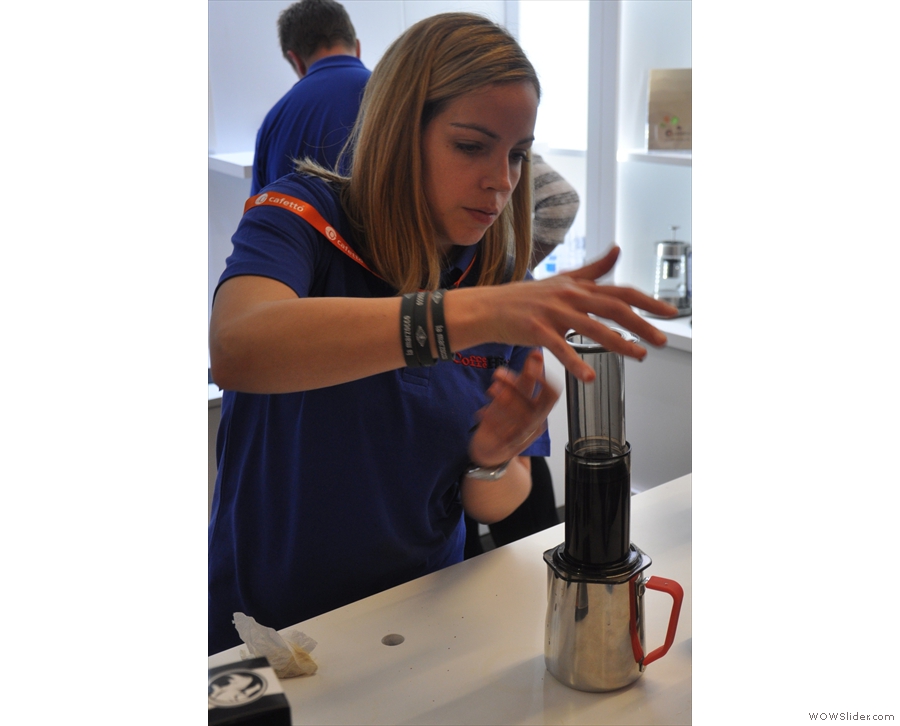
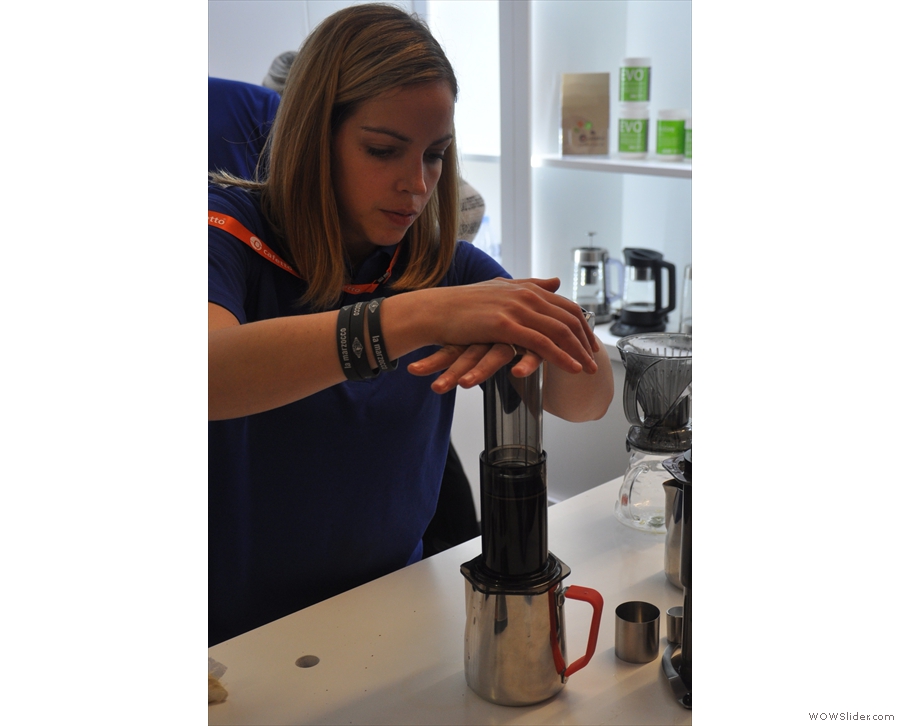
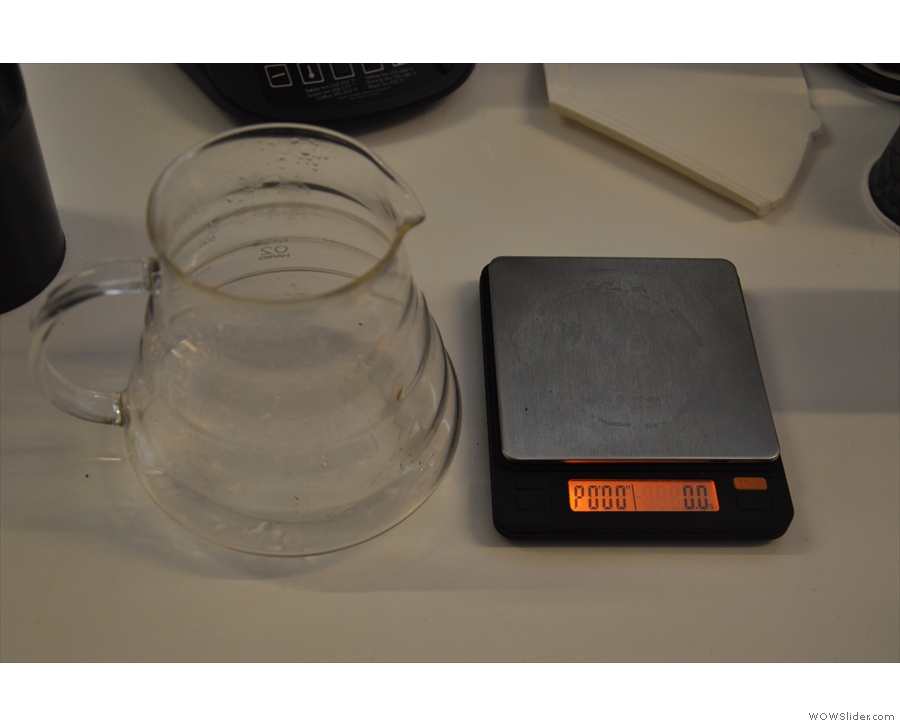
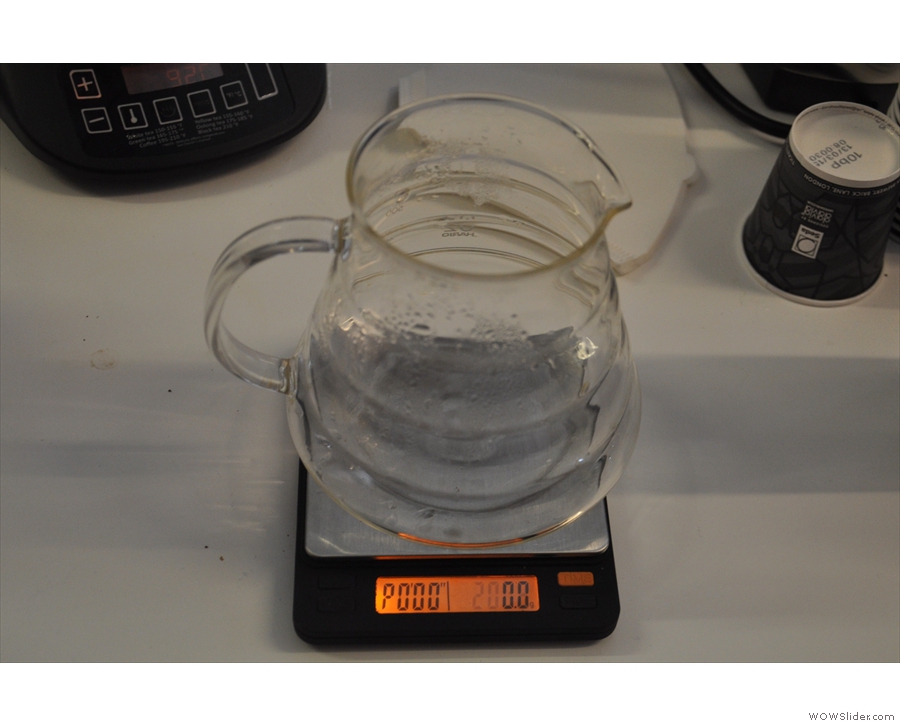
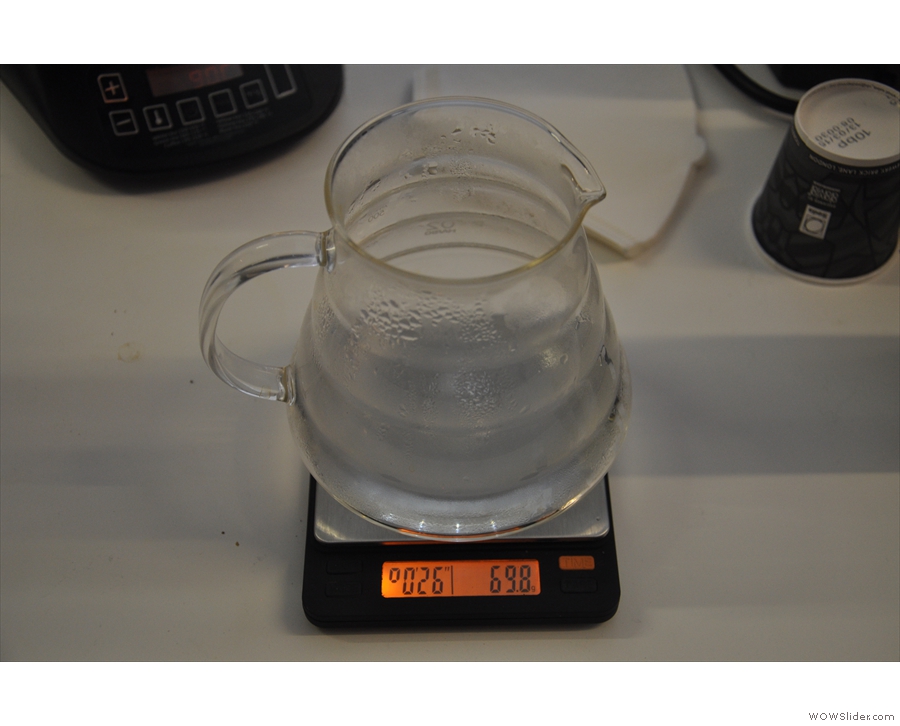
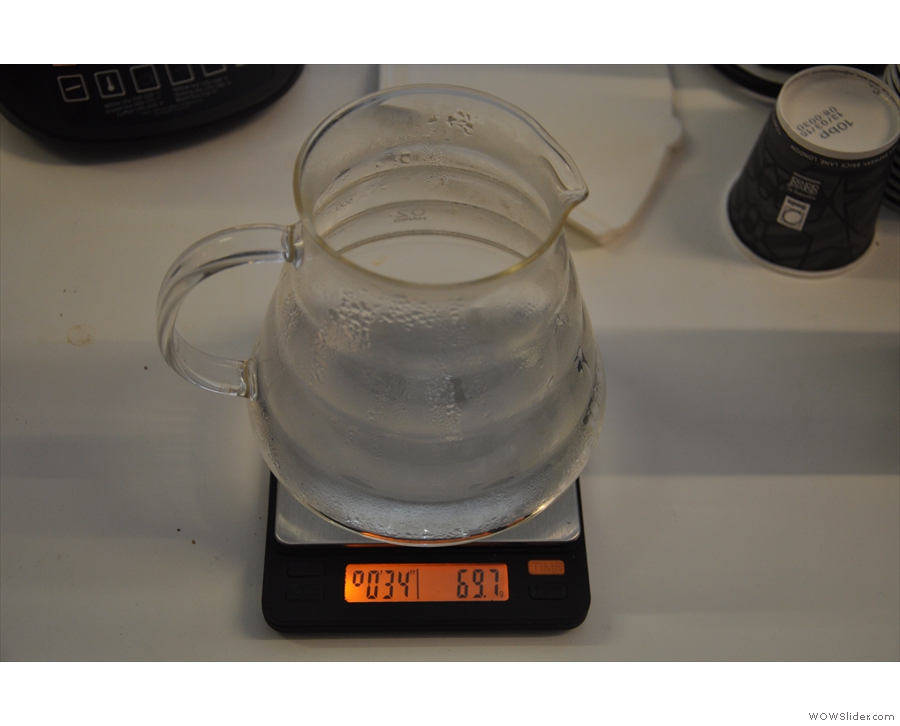
 1
1 2
2 3
3 4
4 5
5 6
6 7
7 8
8 9
9 10
10 11
11 12
12 13
13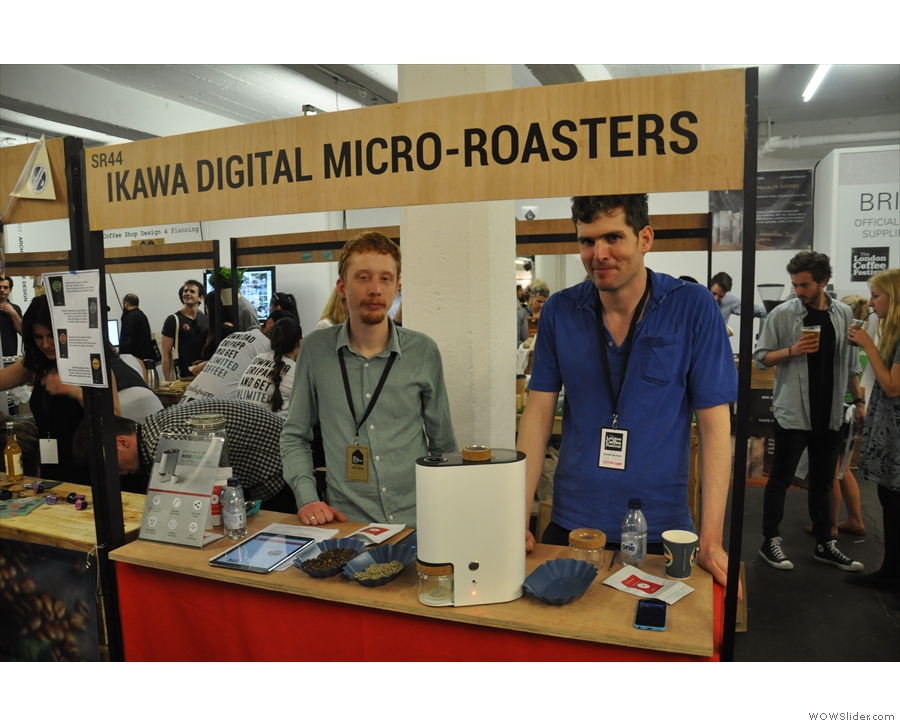
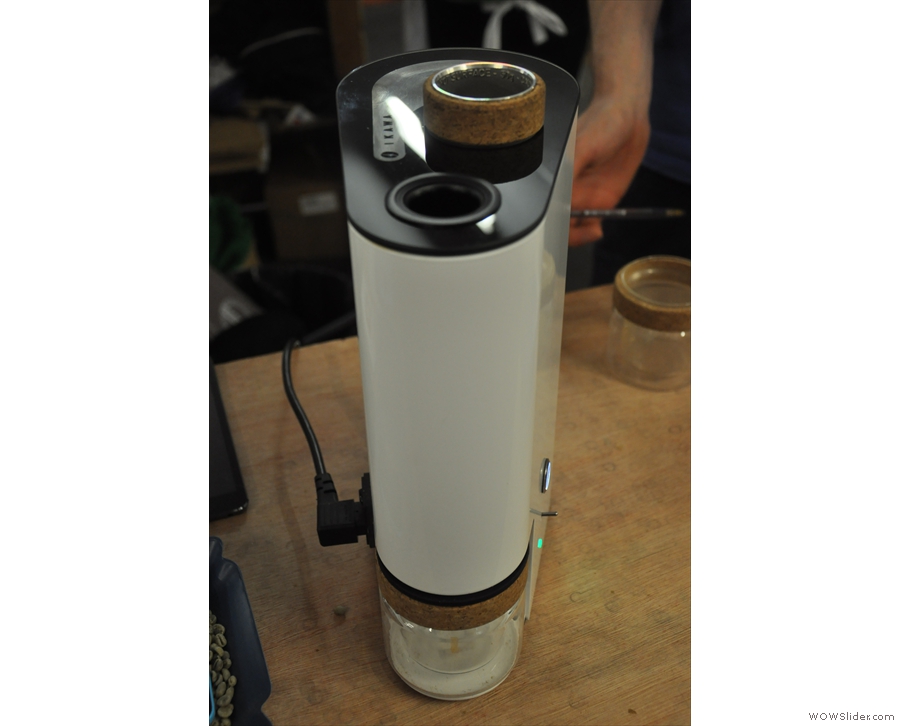
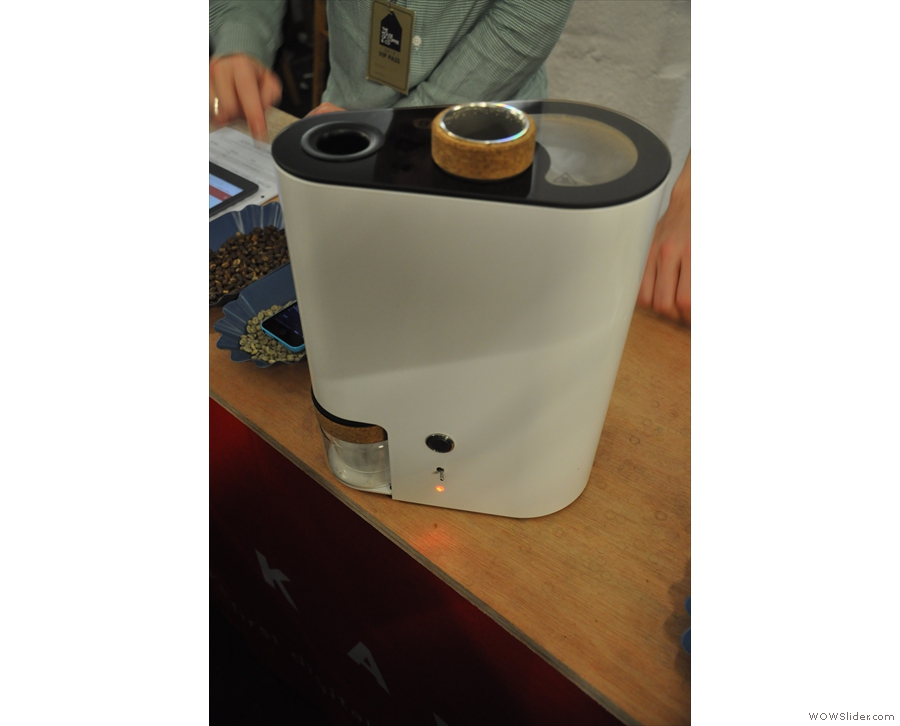
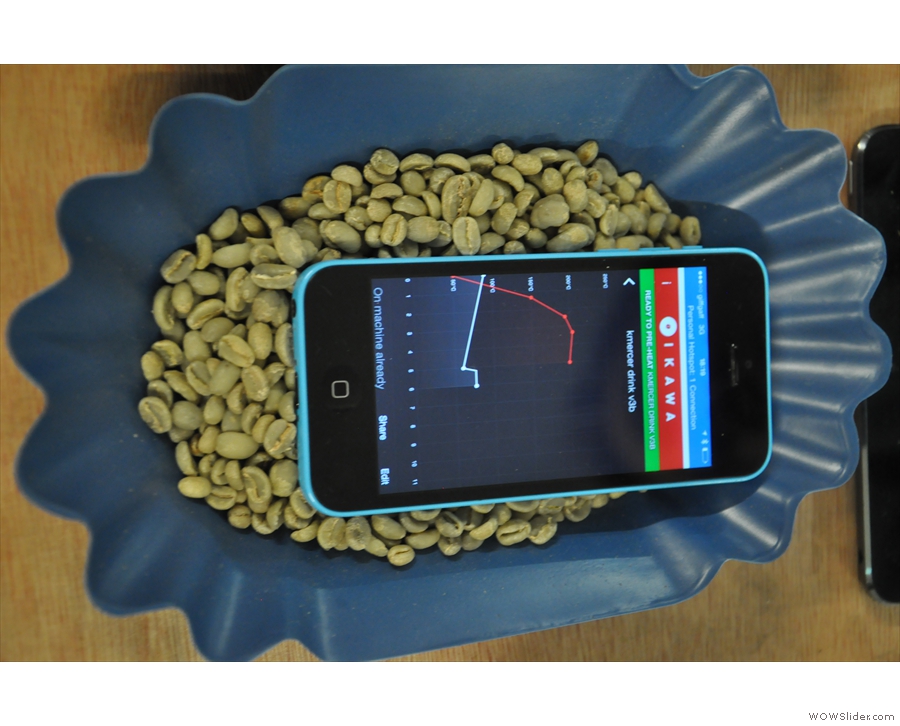
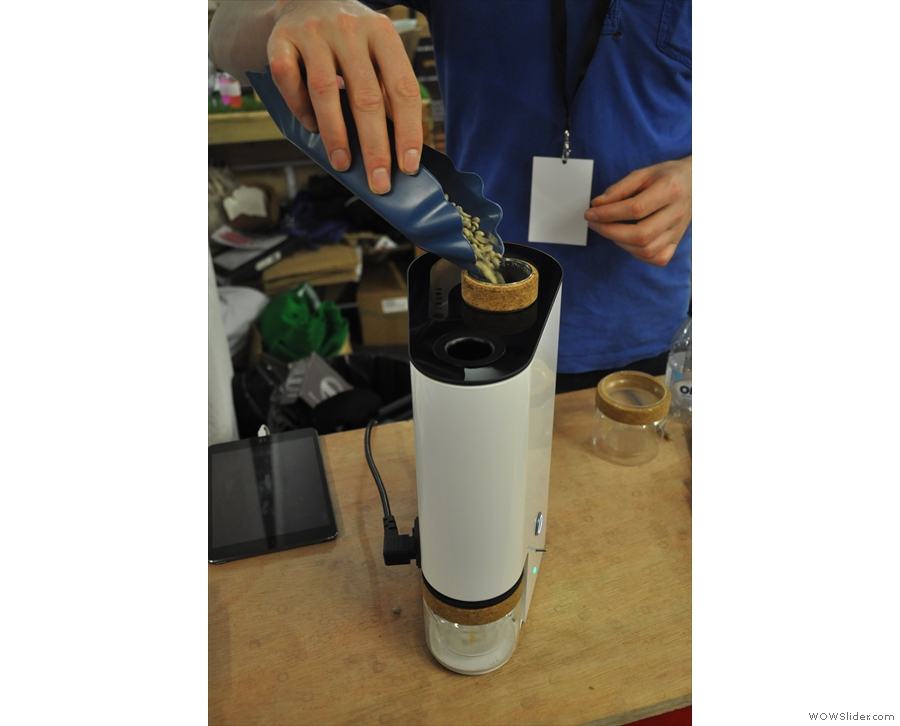
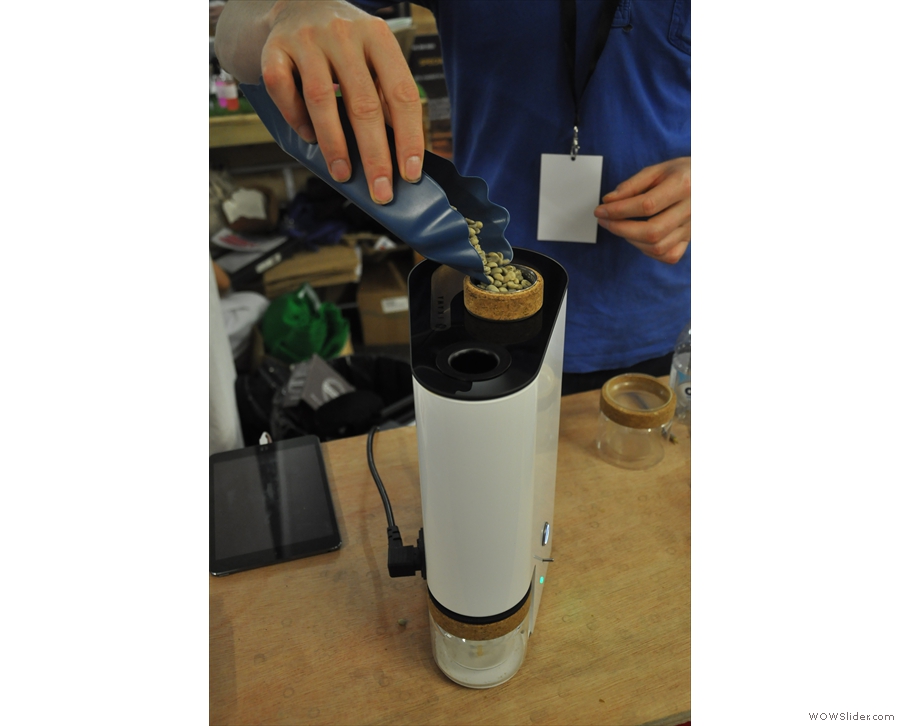
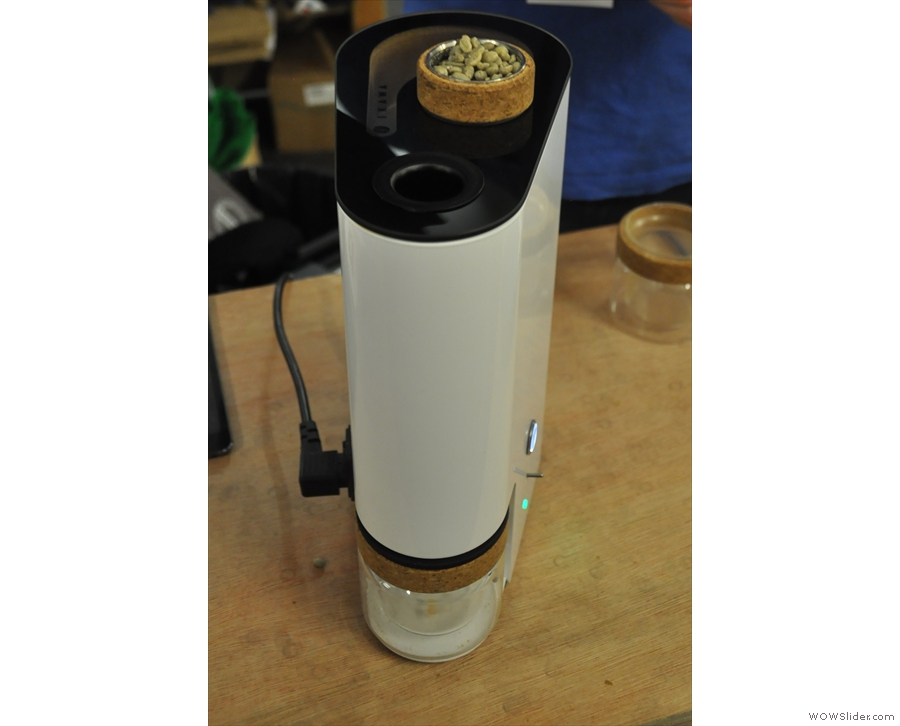
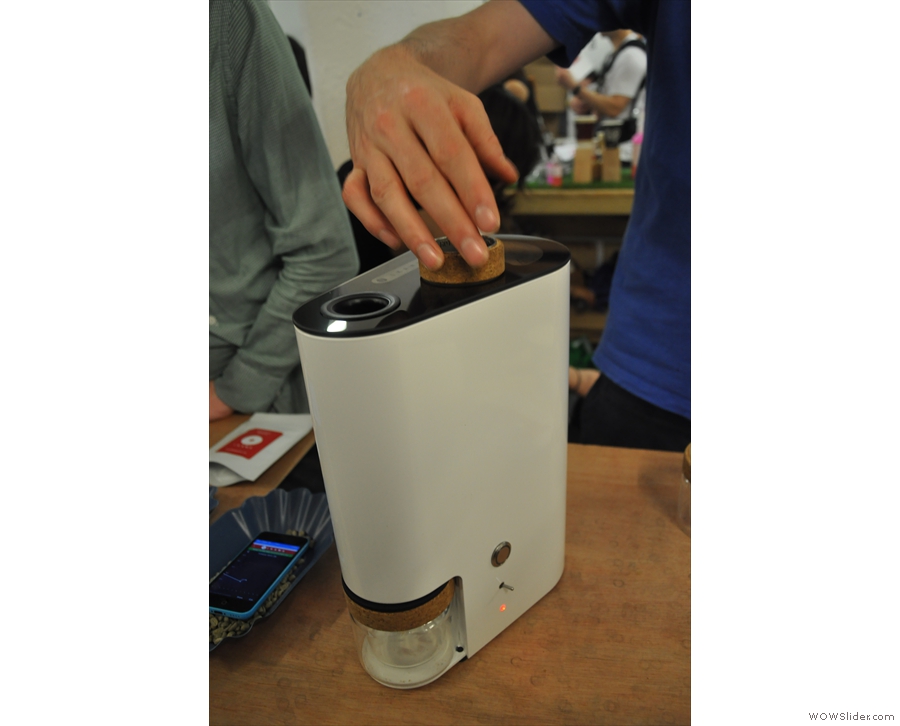
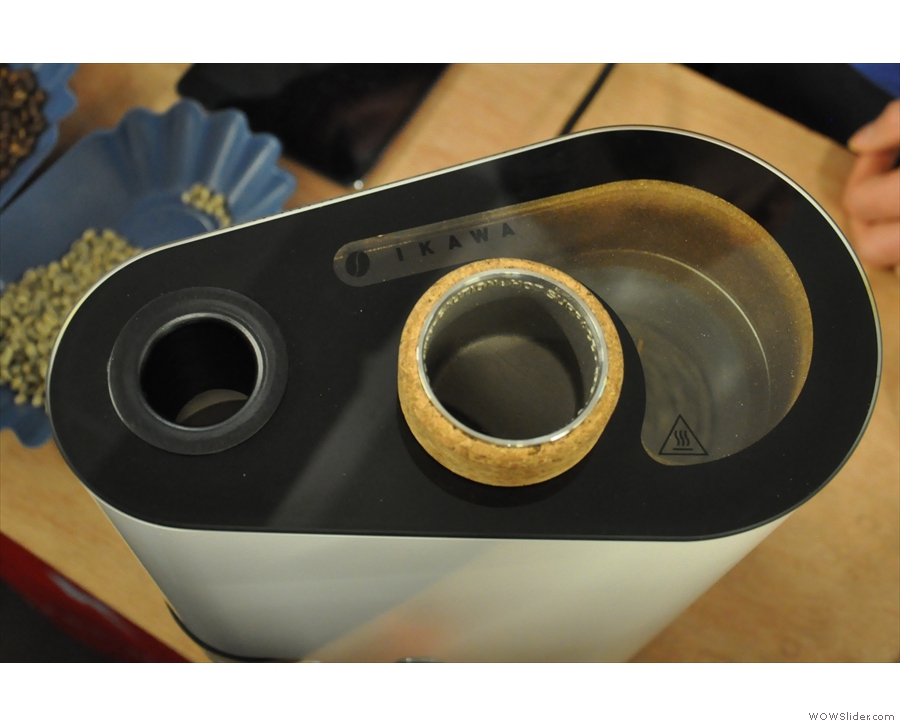
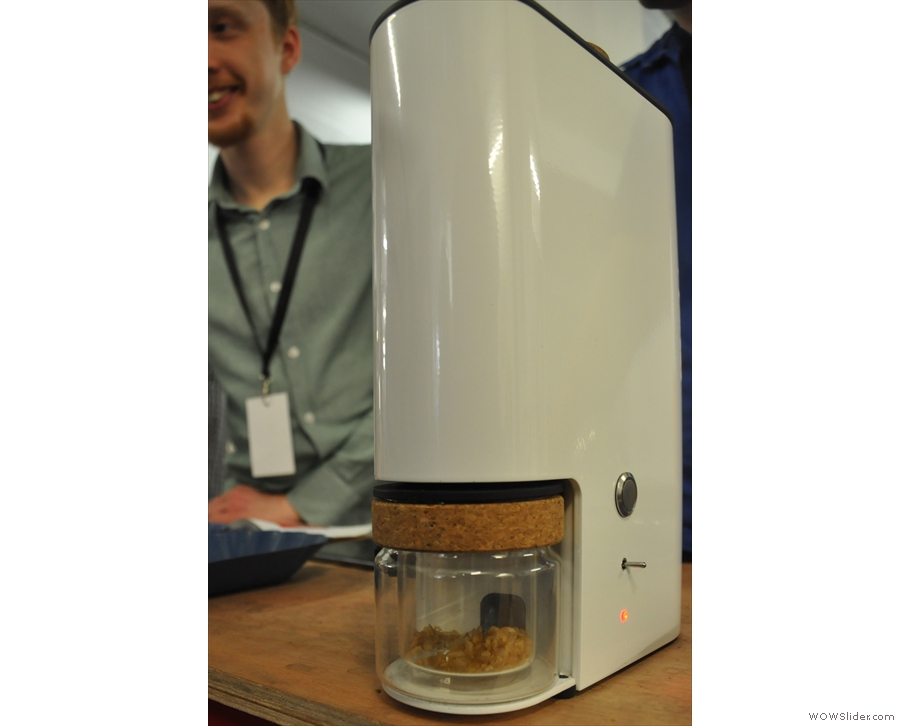
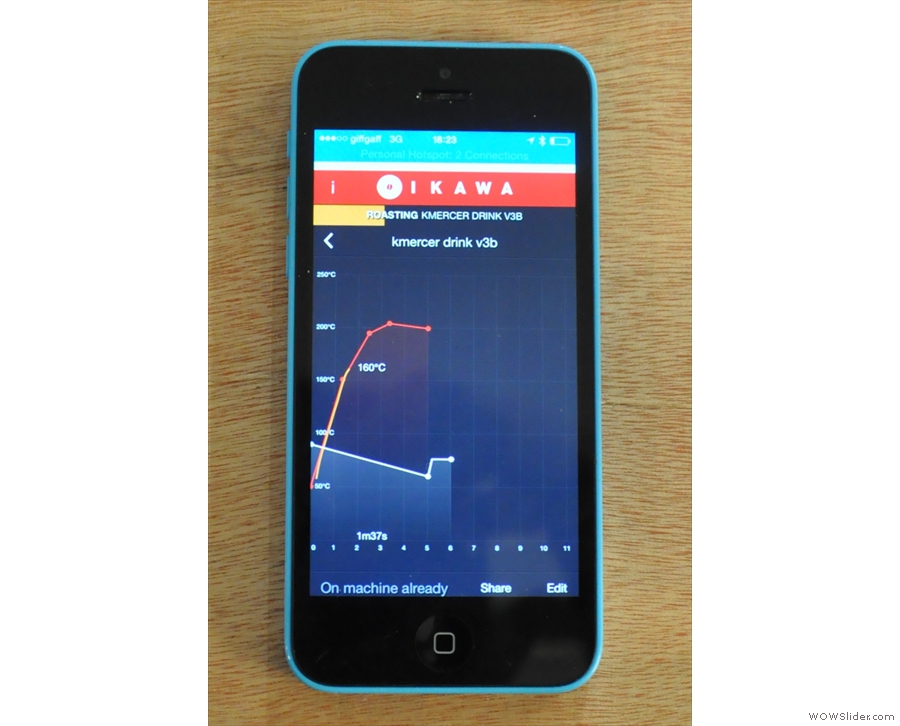
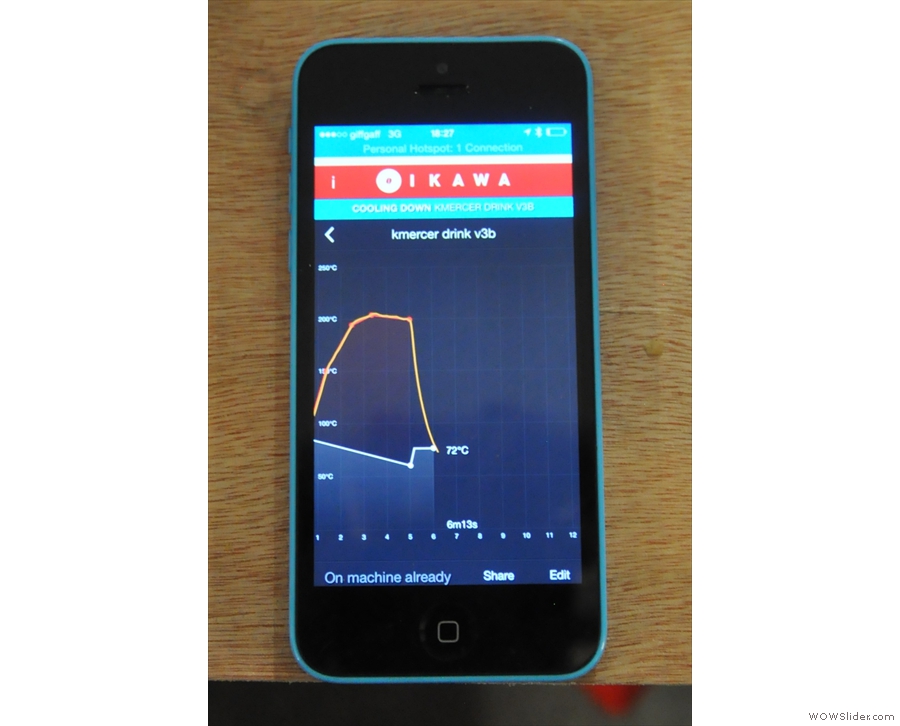
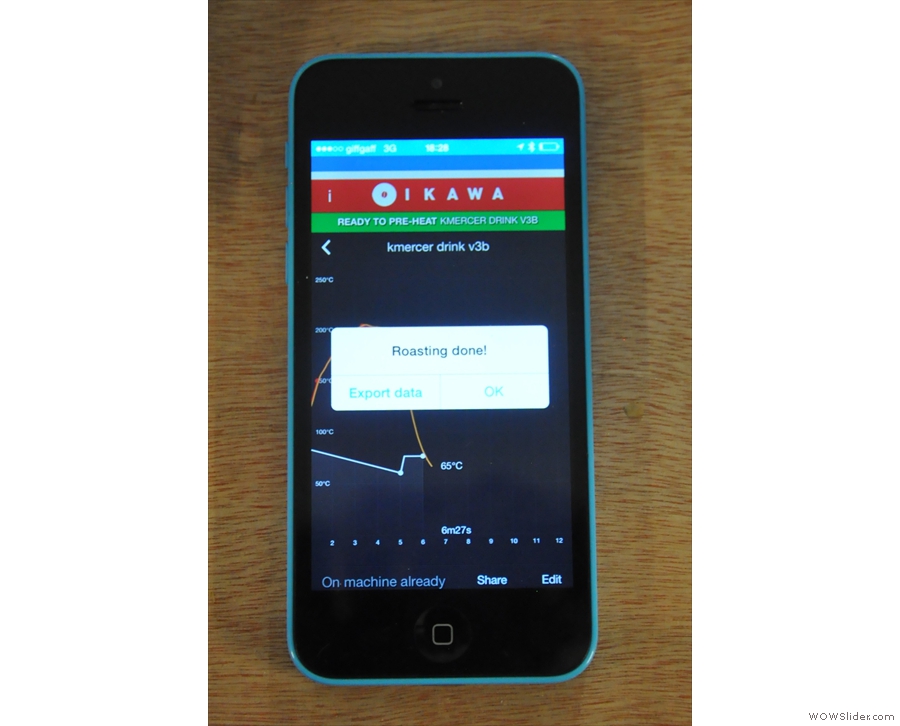
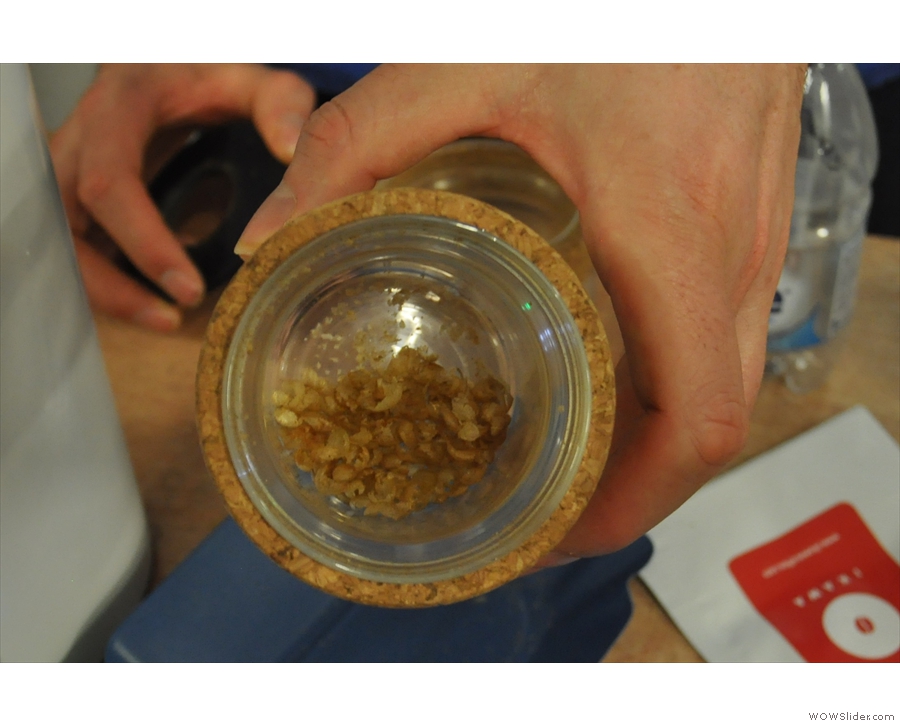
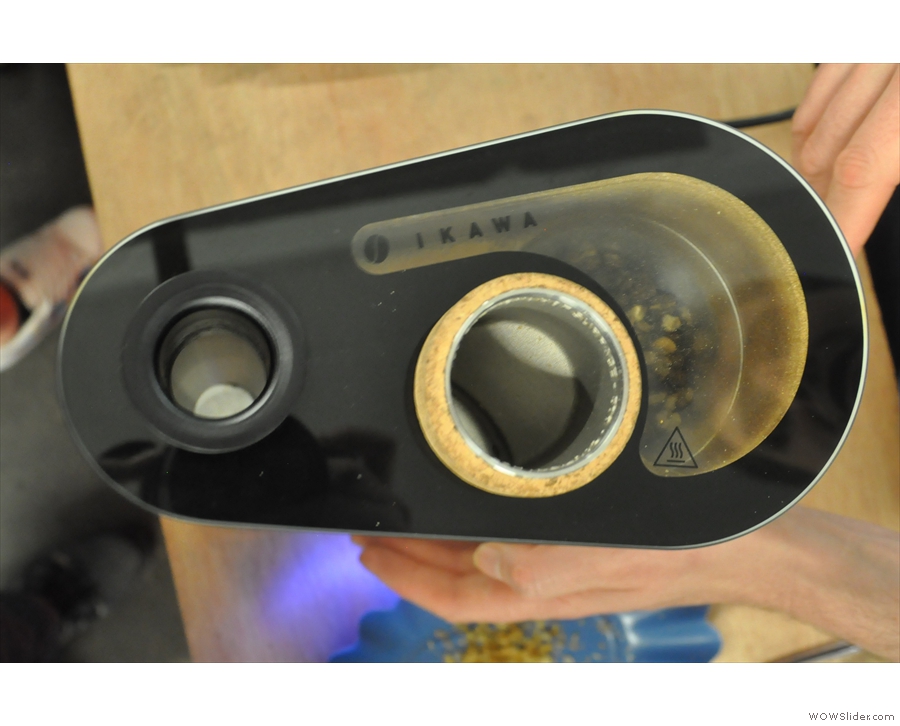
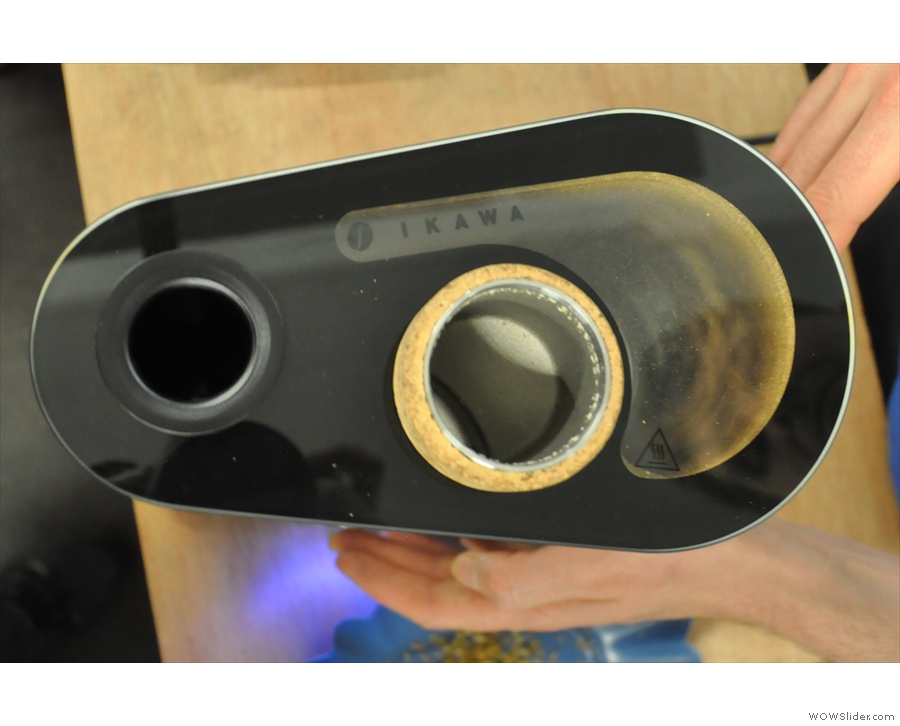
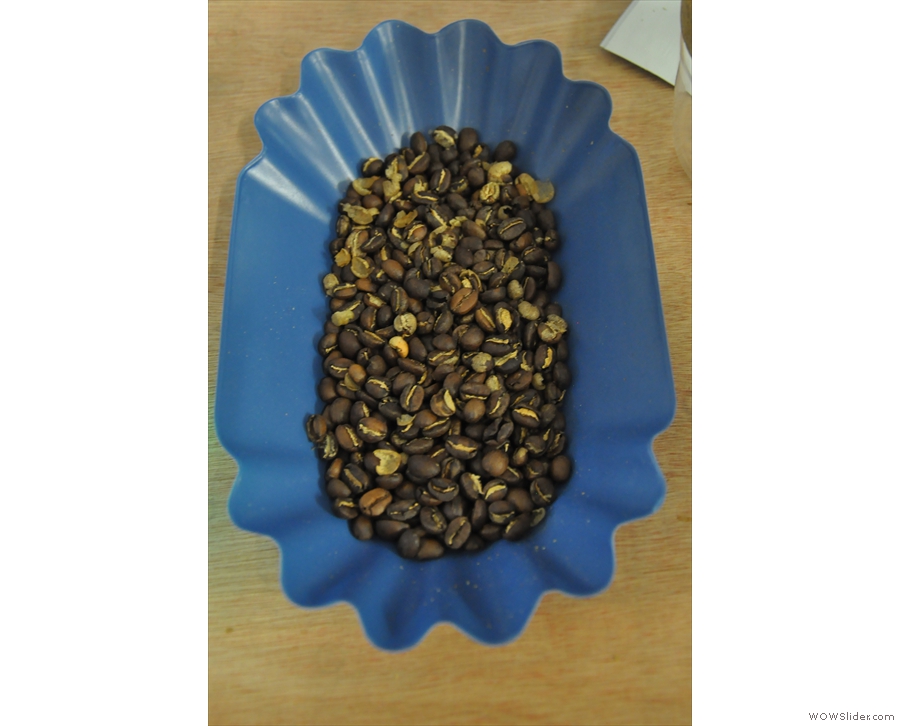
 1
1 2
2 3
3 4
4 5
5 6
6 7
7 8
8 9
9 10
10 11
11 12
12 13
13 14
14 15
15 16
16 17
17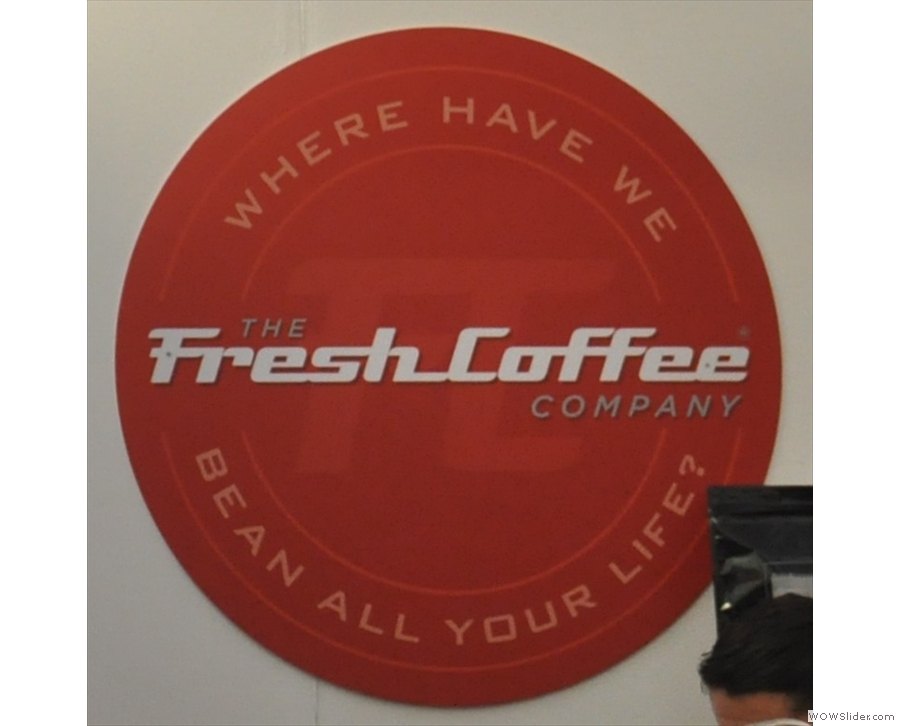
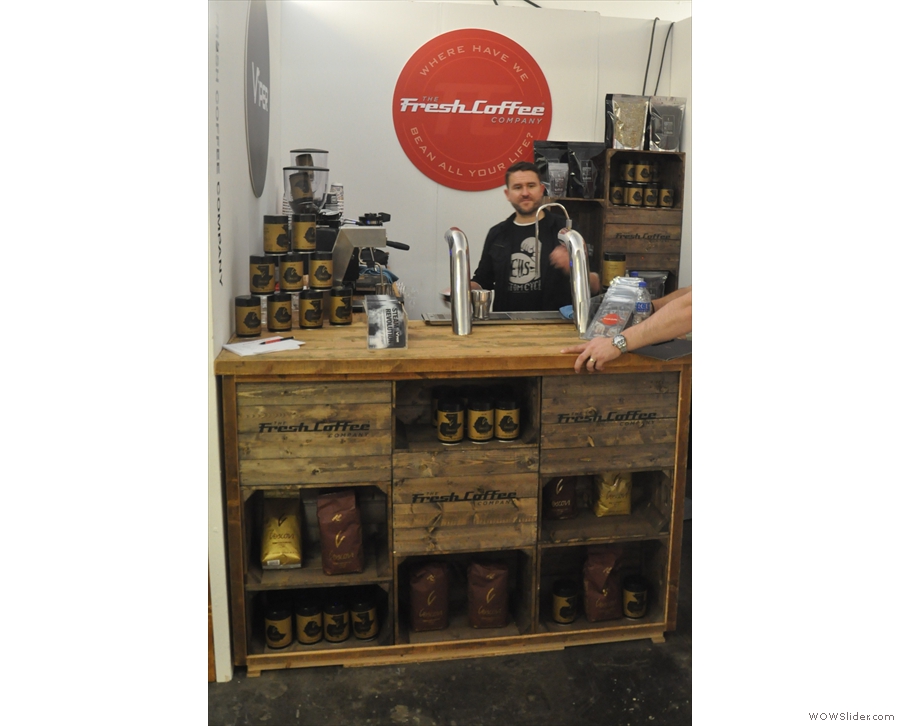
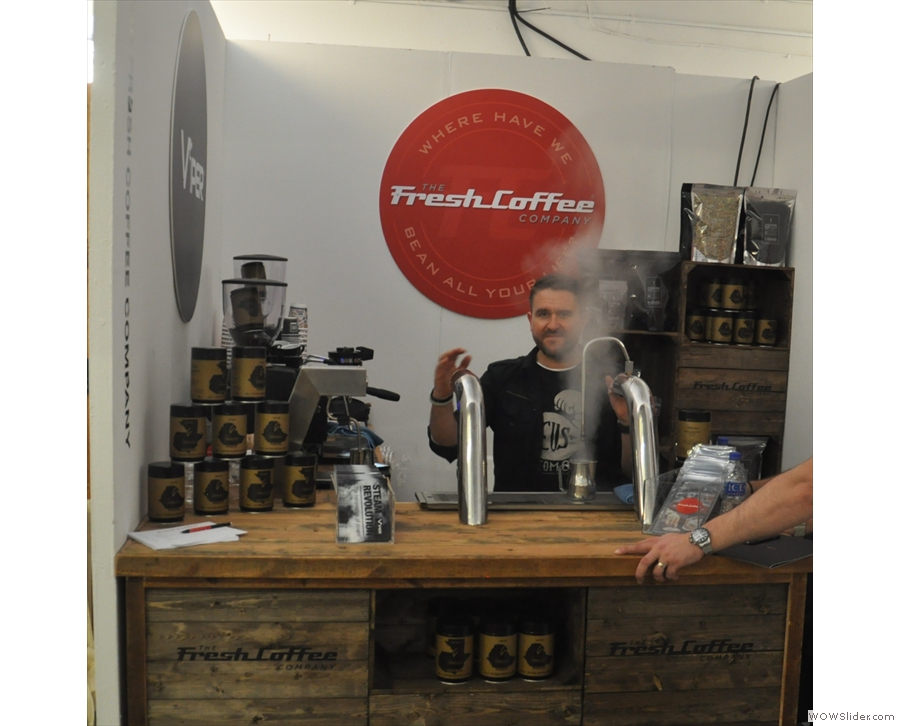
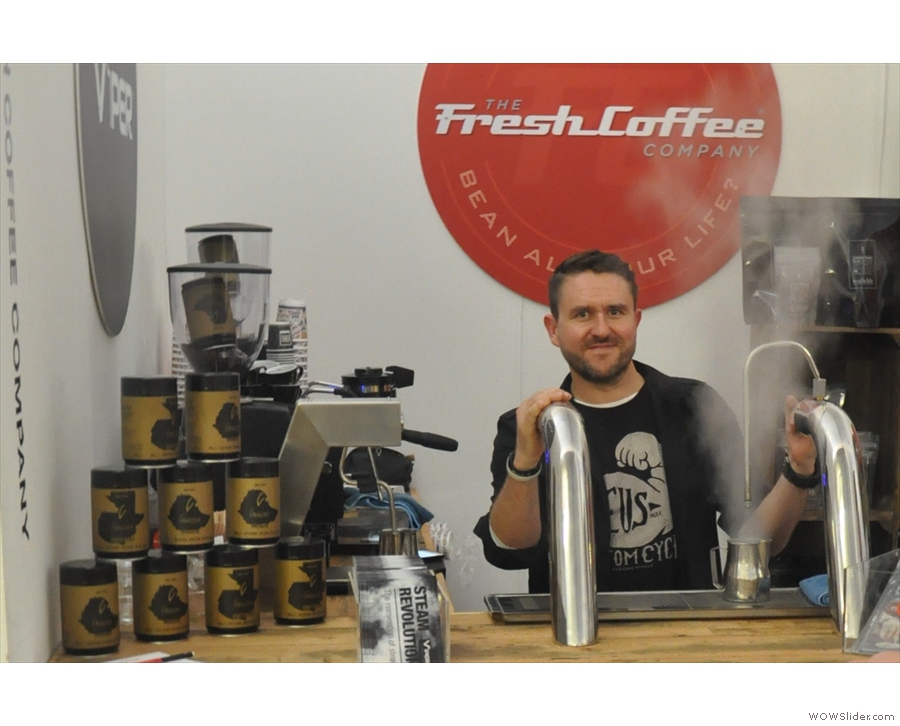
 1
1 2
2 3
3 4
4
Pingback: London Coffee Festival 2015: Round-up | Brian's Coffee Spot
Great to be given info on some of the products I missed at LCF. The Made by Knock products are covetable and i cant wait to get my hands on them for sale through our shop in Sussex!
Pingback: London Coffee Festival 2015: Coffee Experiences | Brian's Coffee Spot
Pingback: London Coffee Festival 2015: La Cimbali Sensory Sessions | Brian's Coffee Spot
Pingback: London Coffee Festival 2015: The Cups | Brian's Coffee Spot
Pingback: London Coffee Festival 2015: The Coffee | Brian's Coffee Spot
Pingback: Caffeine Magazine | Brian's Coffee Spot
Pingback: The Coffee Spot Christmas Gift Guide | Brian's Coffee Spot
Pingback: 2015 Awards – Best Saturday Supplement | Brian's Coffee Spot
Hi, do you know when the date for the next one is?
You can find the date here:
http://www.brian-coffee-spot.com/2016/04/16/london-coffee-festival-2016-round-up/
Brian.
PS It’s 6th – 9th April 2017 🙂
Pingback: The Coffee Spot Christmas Gift Guide 2016 | Brian's Coffee Spot
Pingback: London Coffee Festival 2017: Kit & Cups | Brian's Coffee Spot
Pingback: The Coffee Spot Christmas Gift Guide 2017 | Brian's Coffee Spot